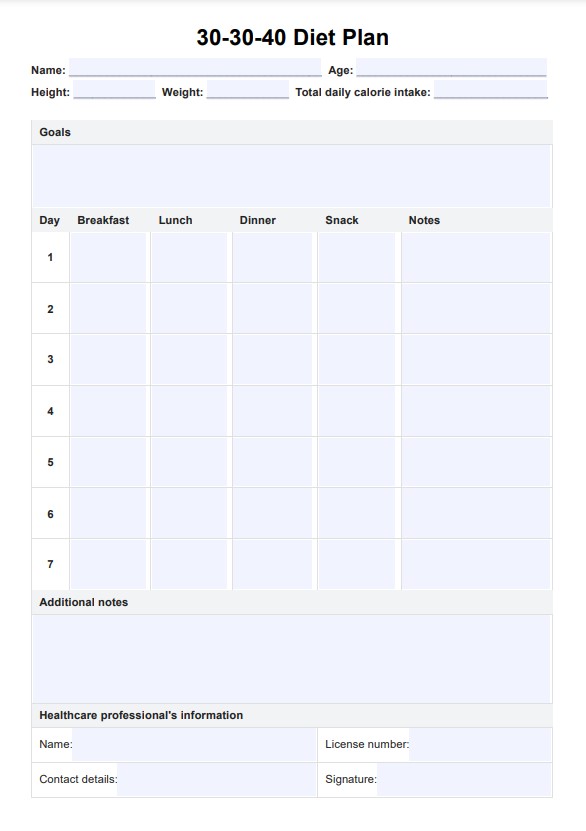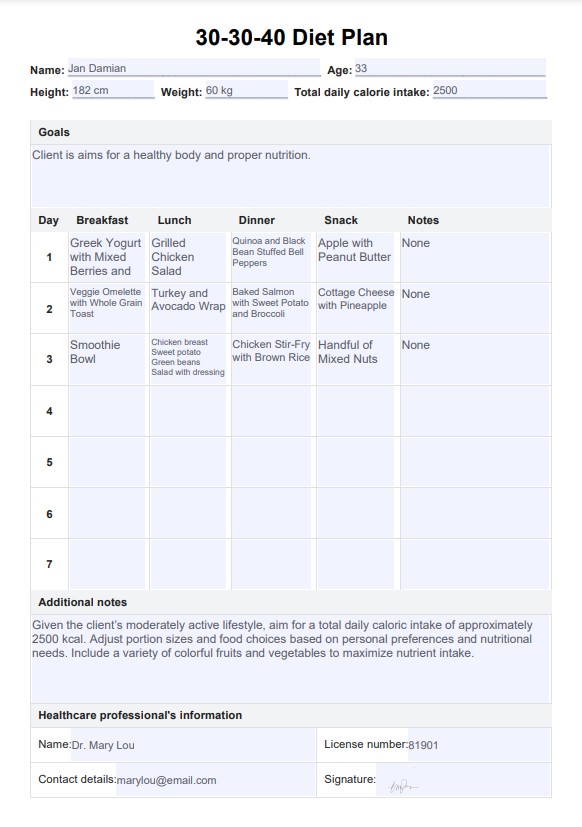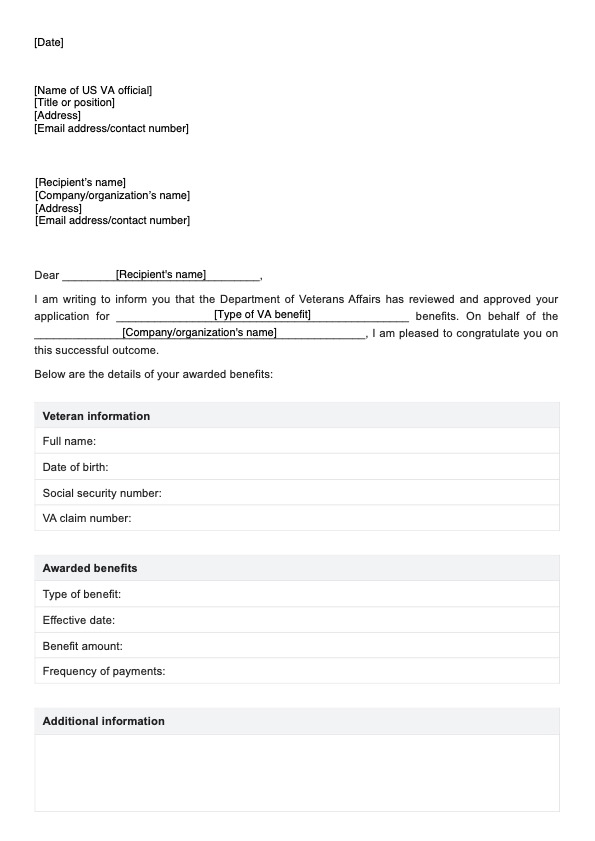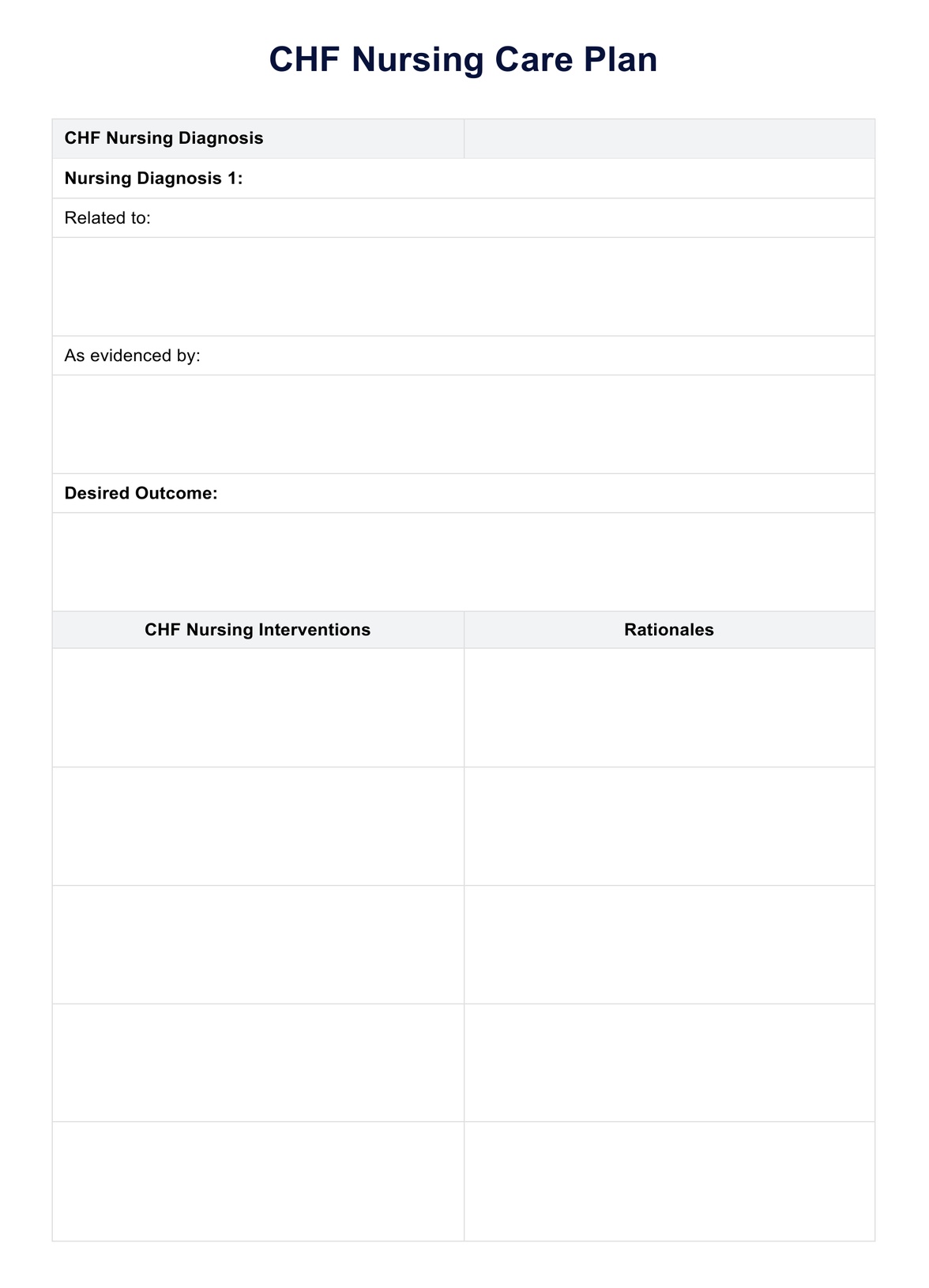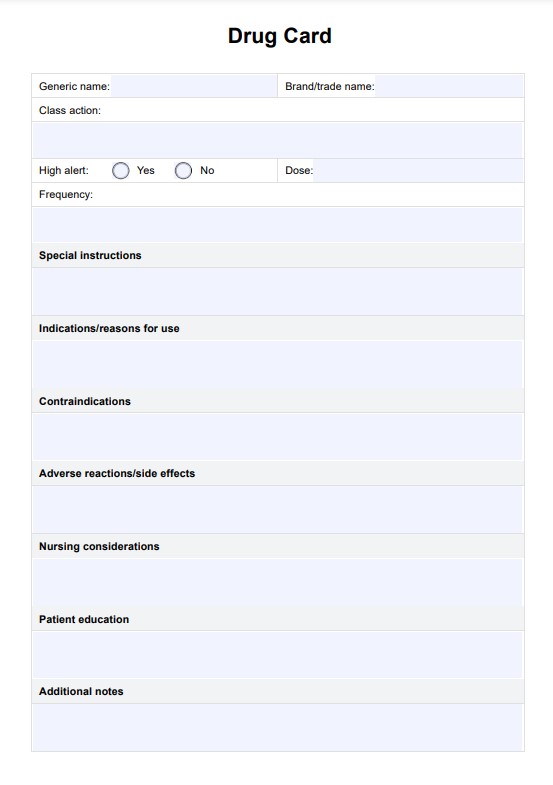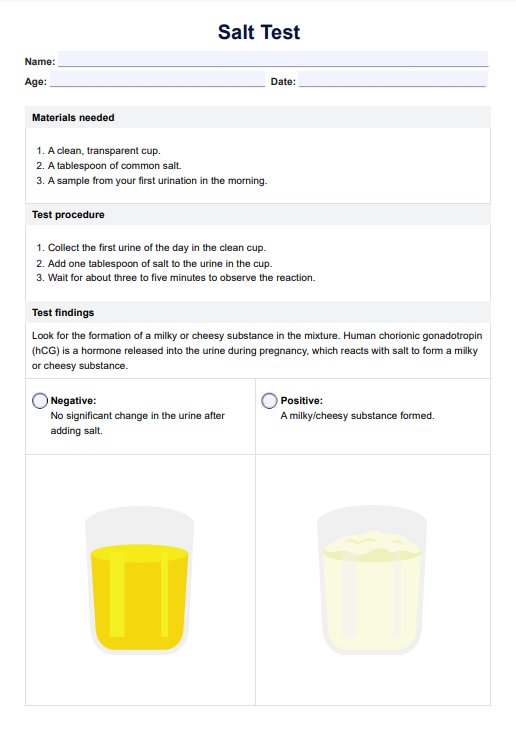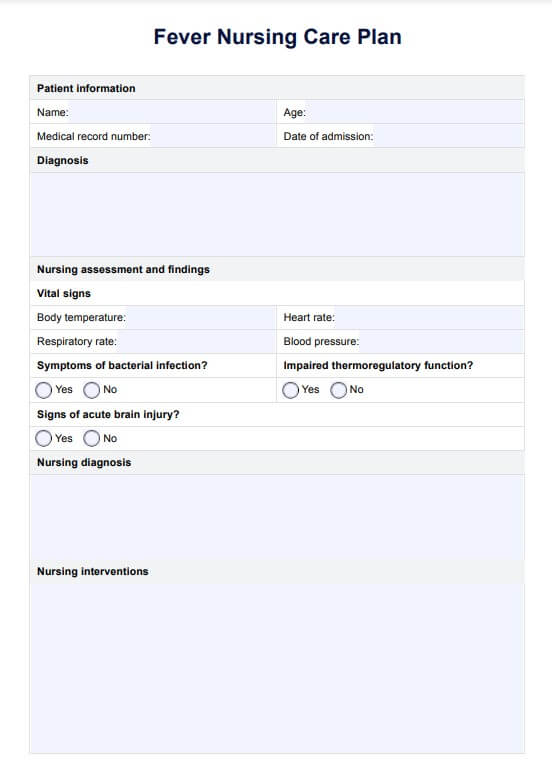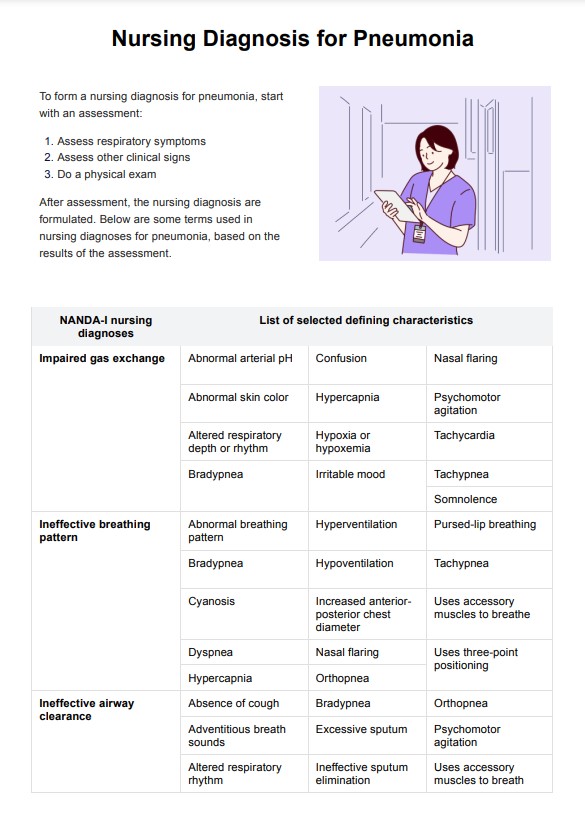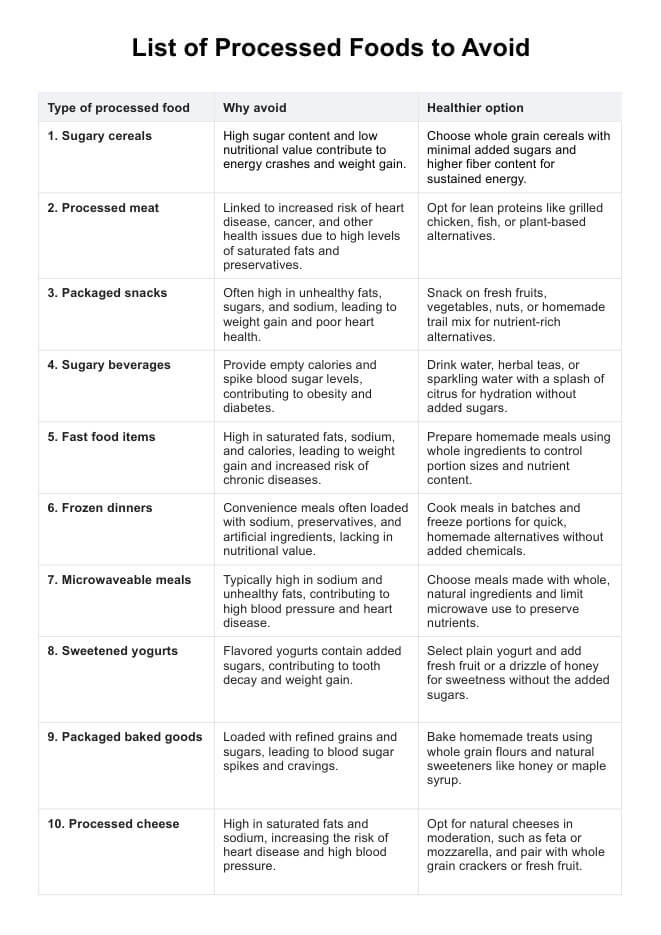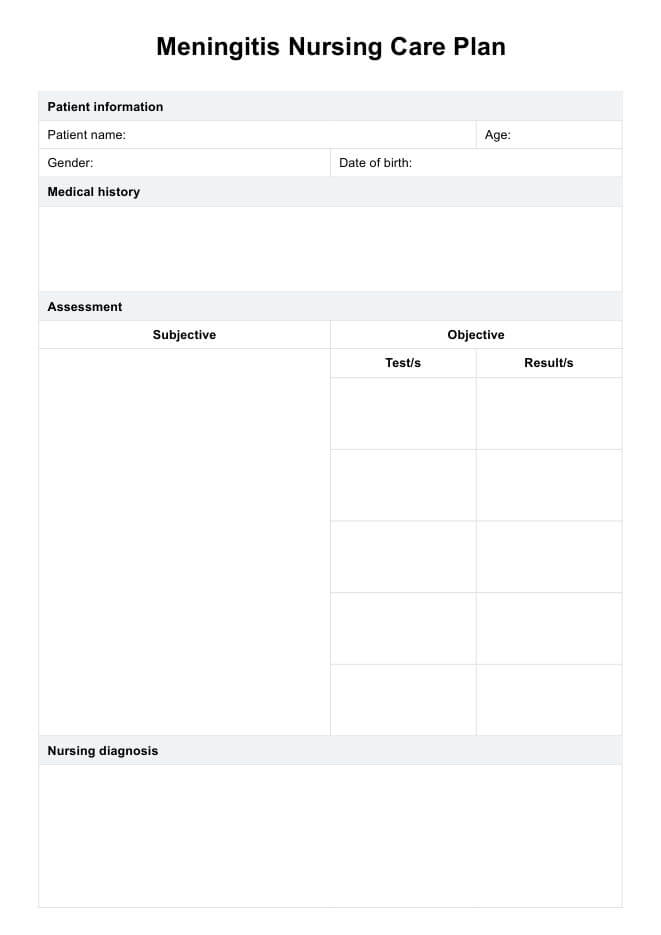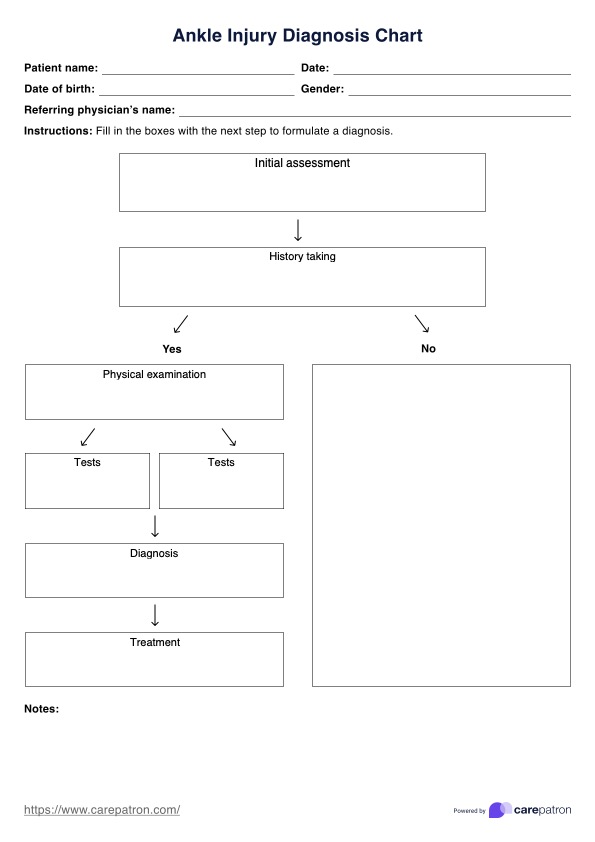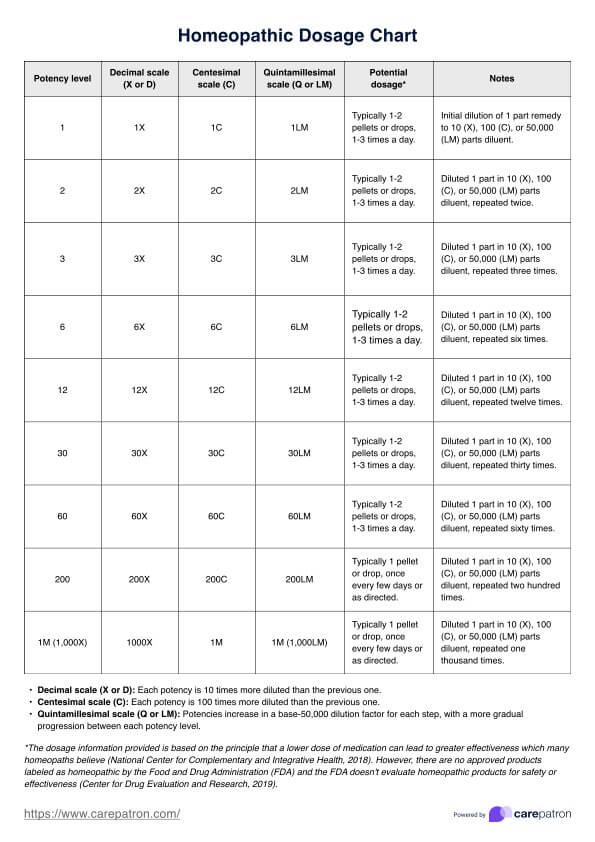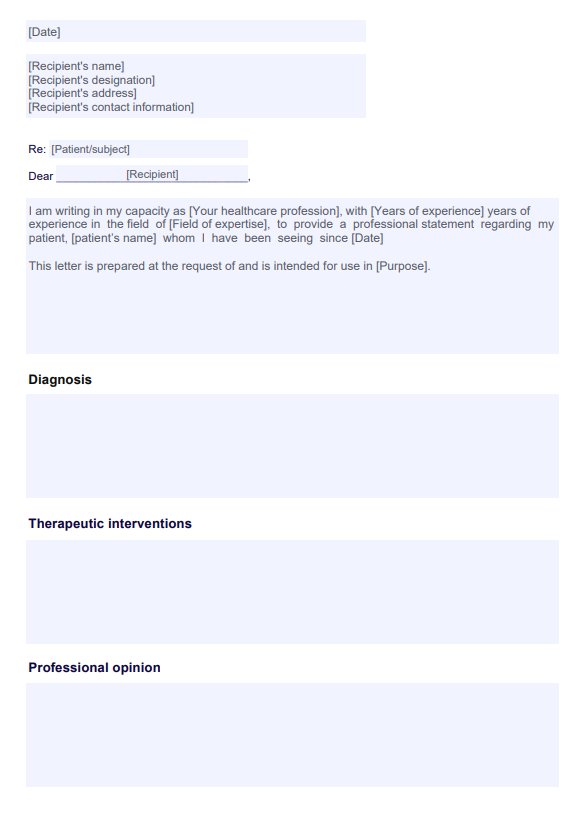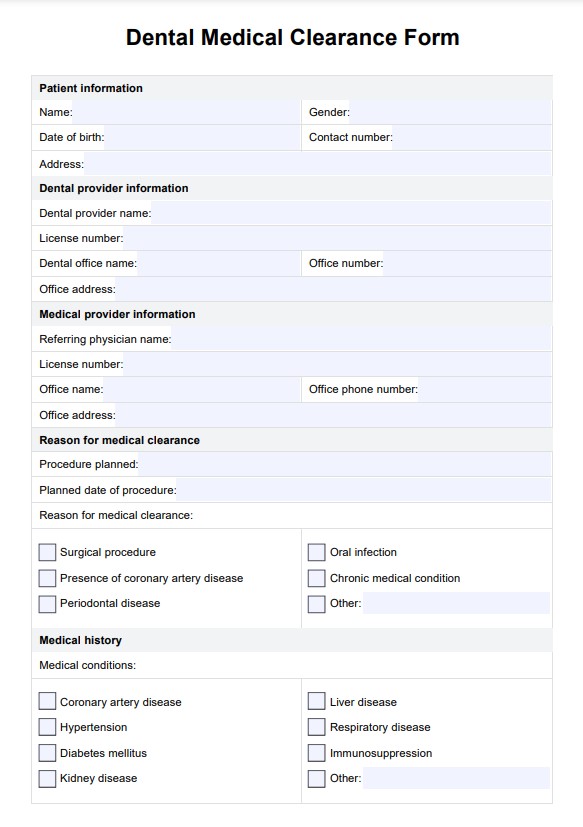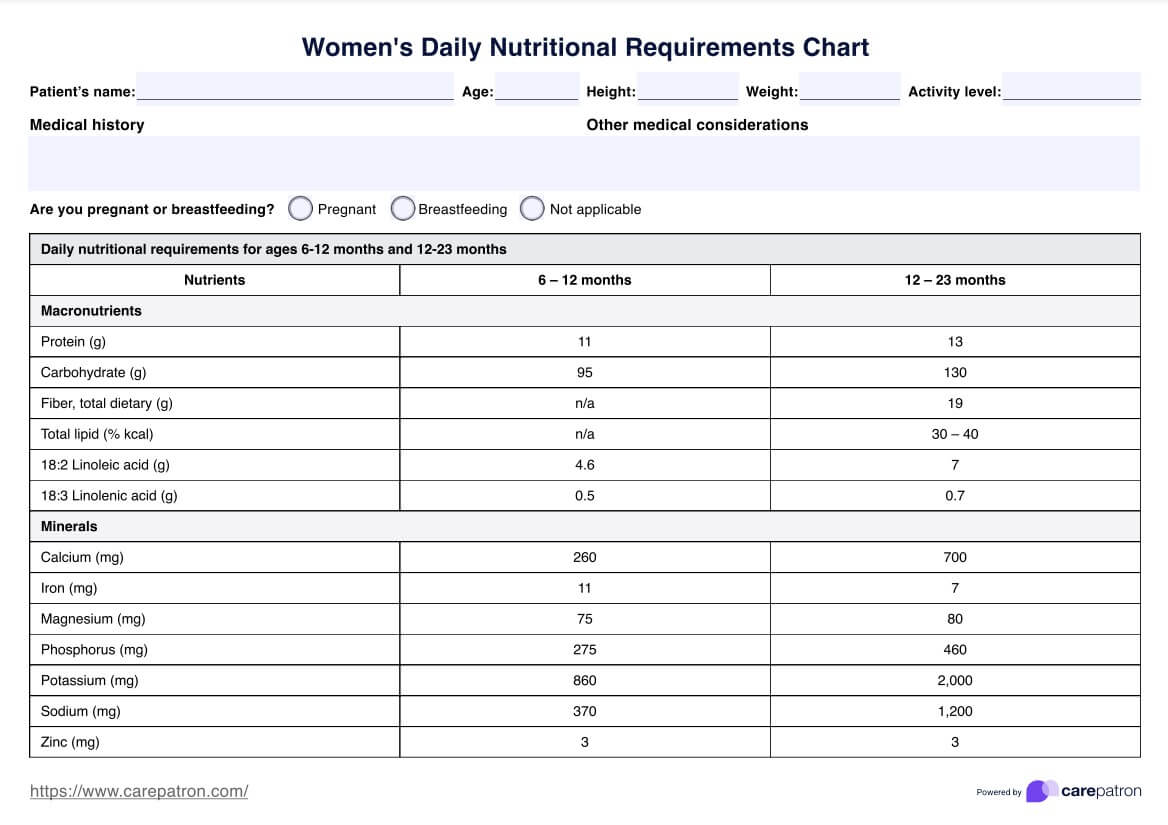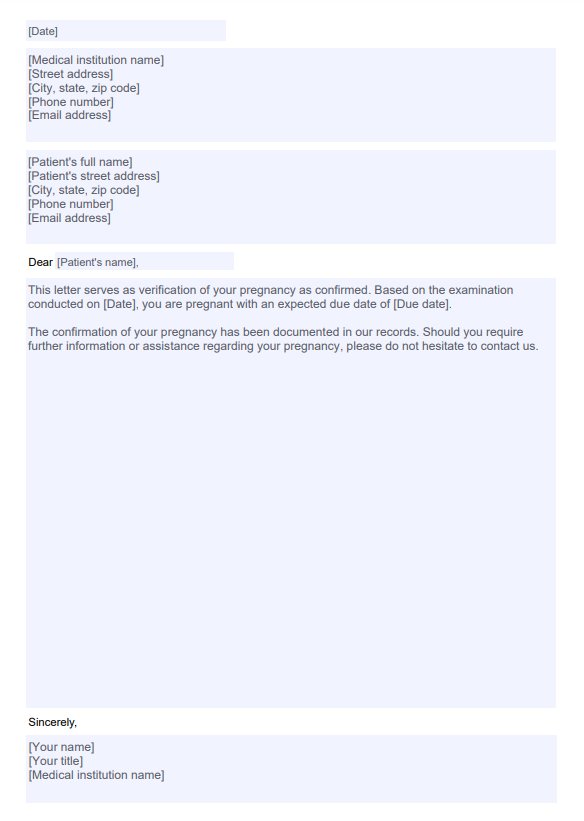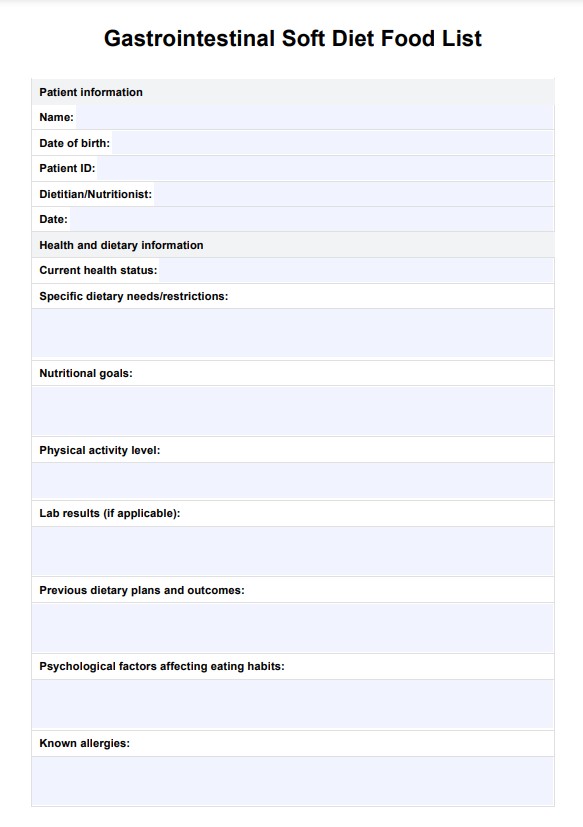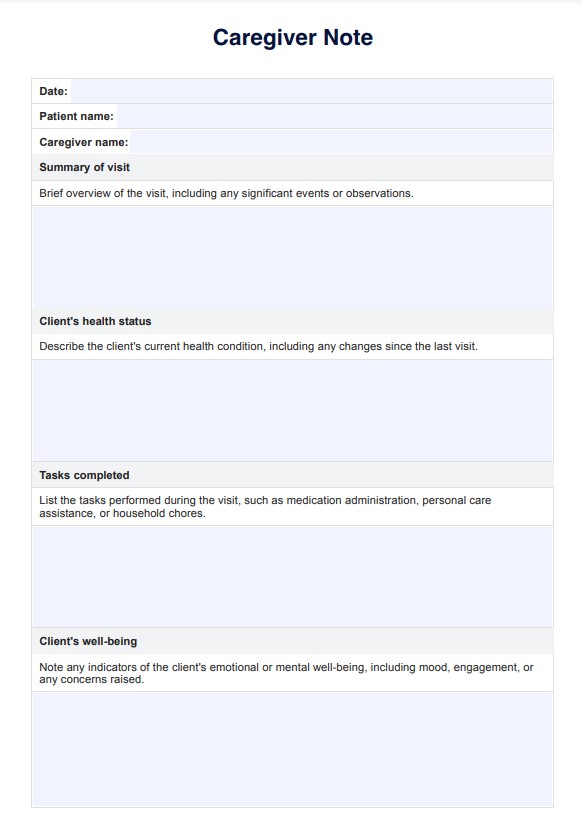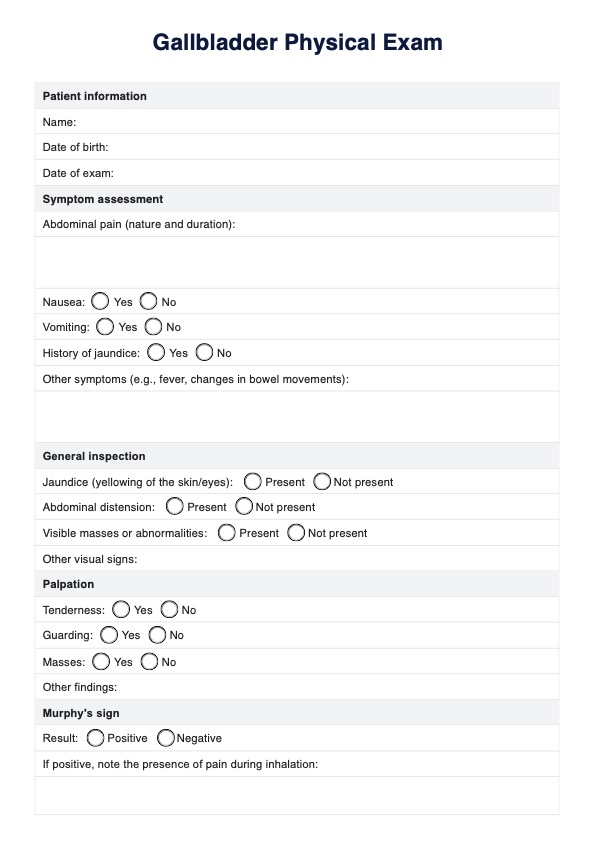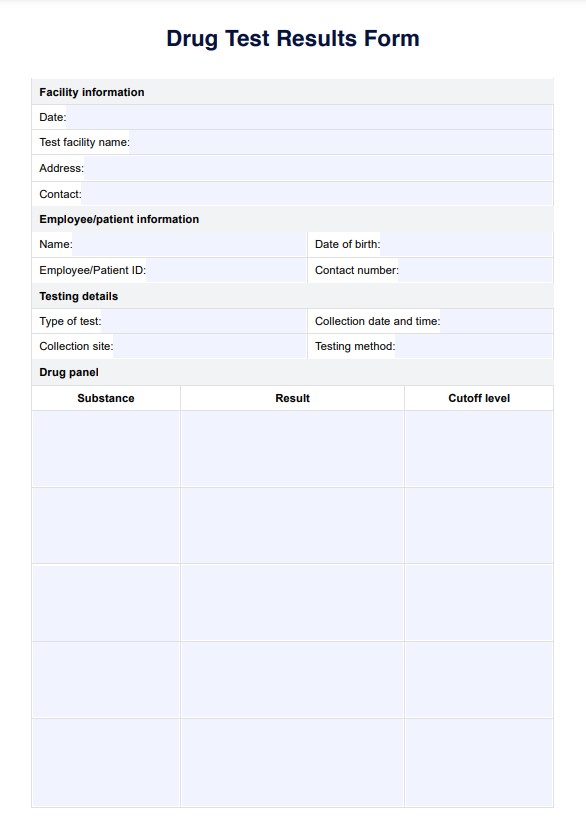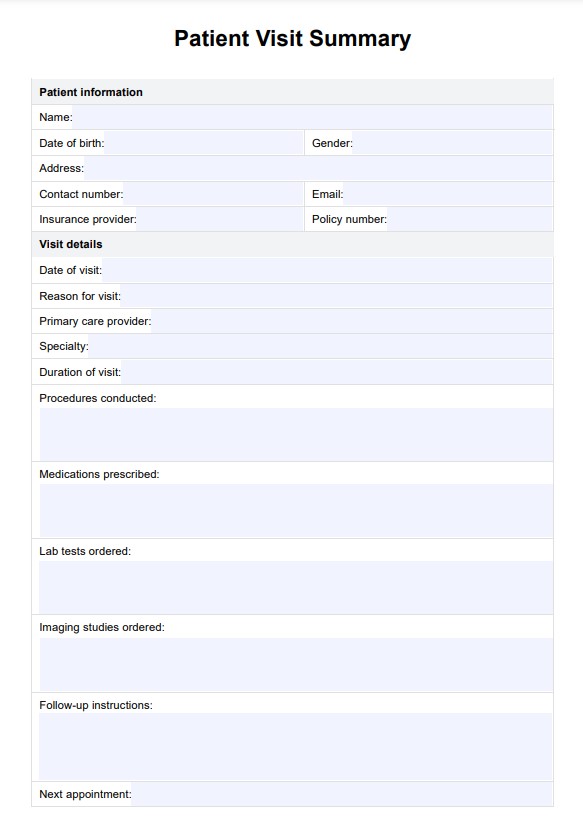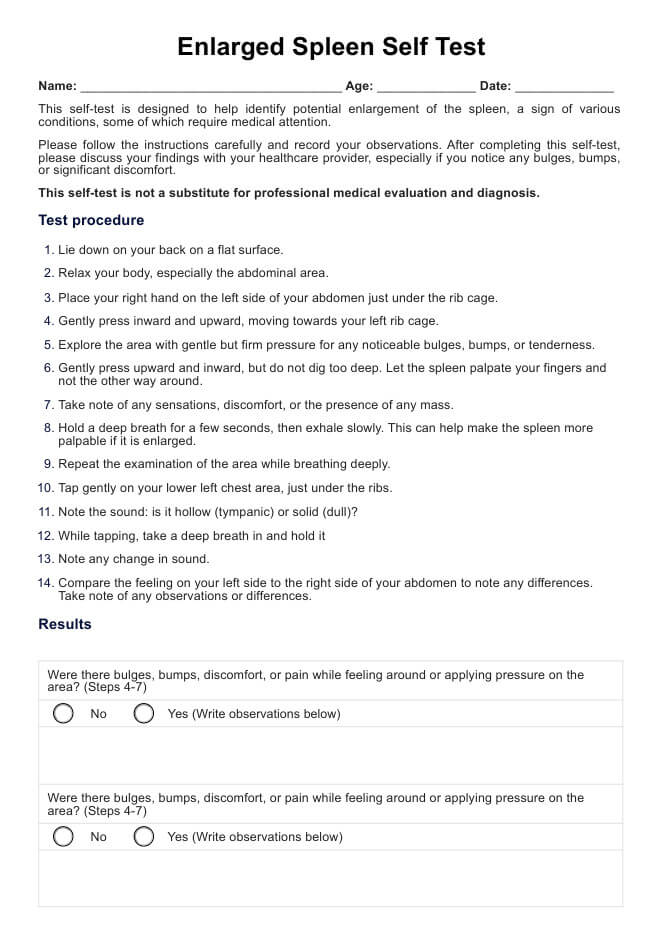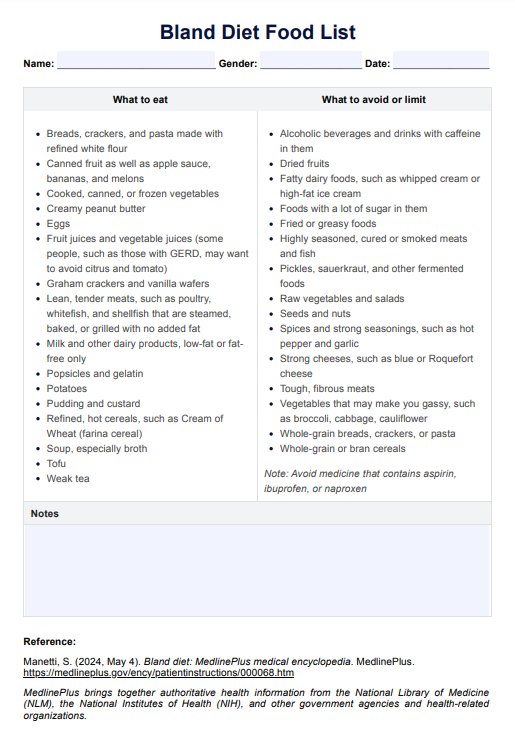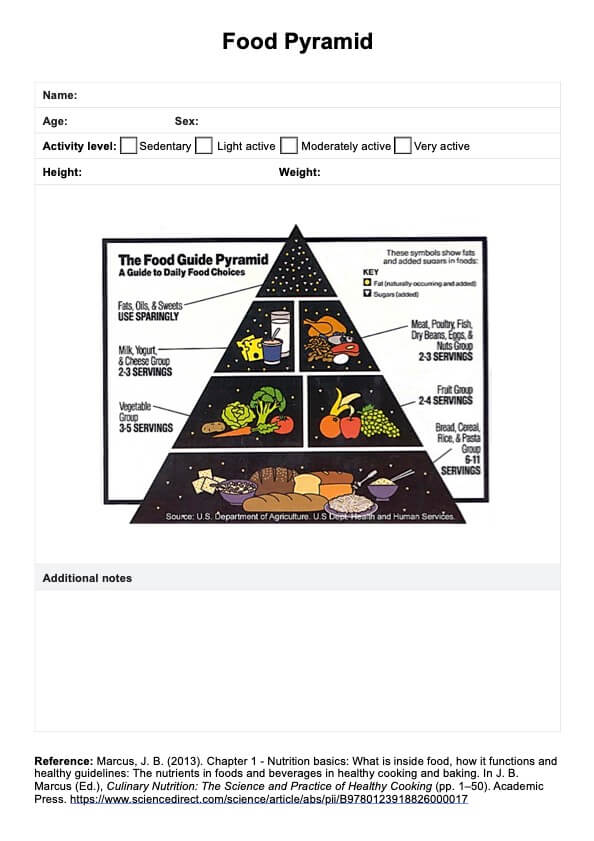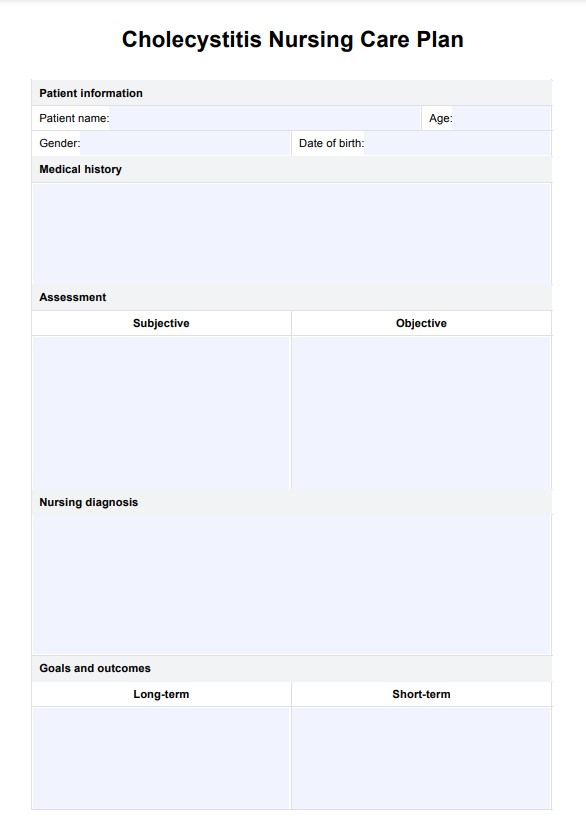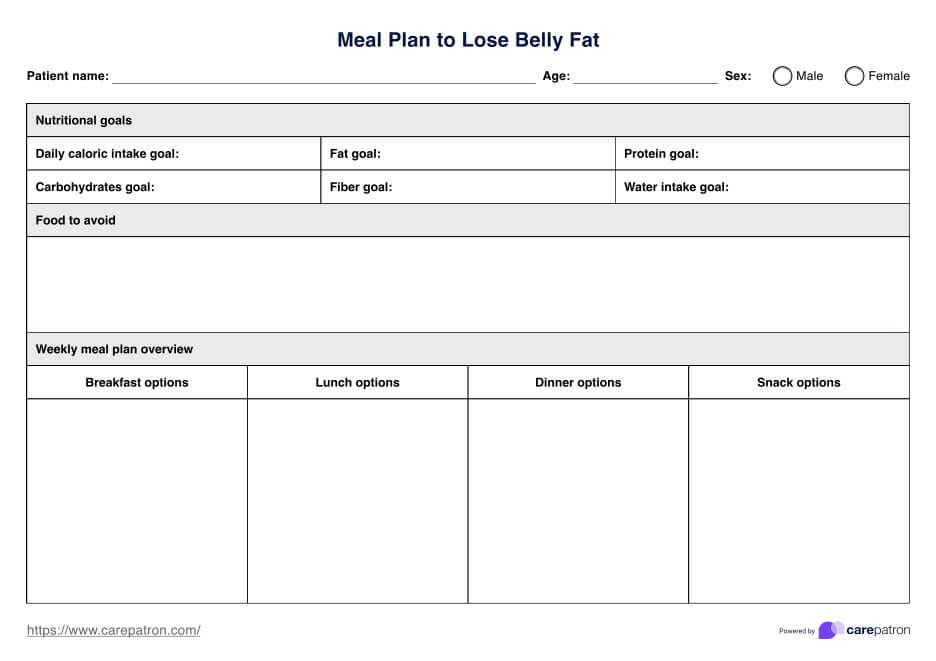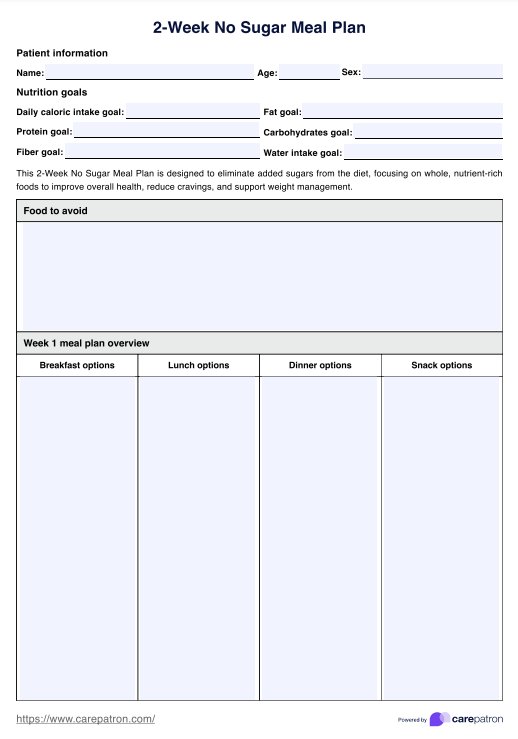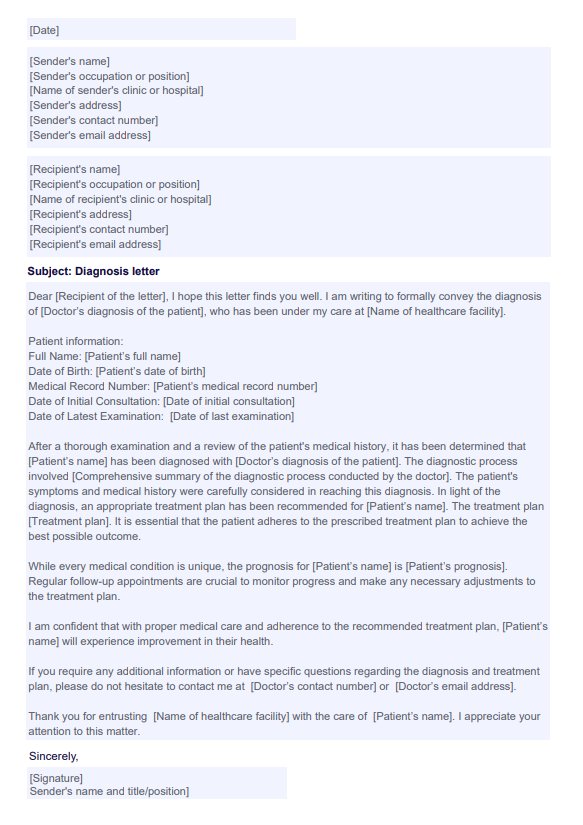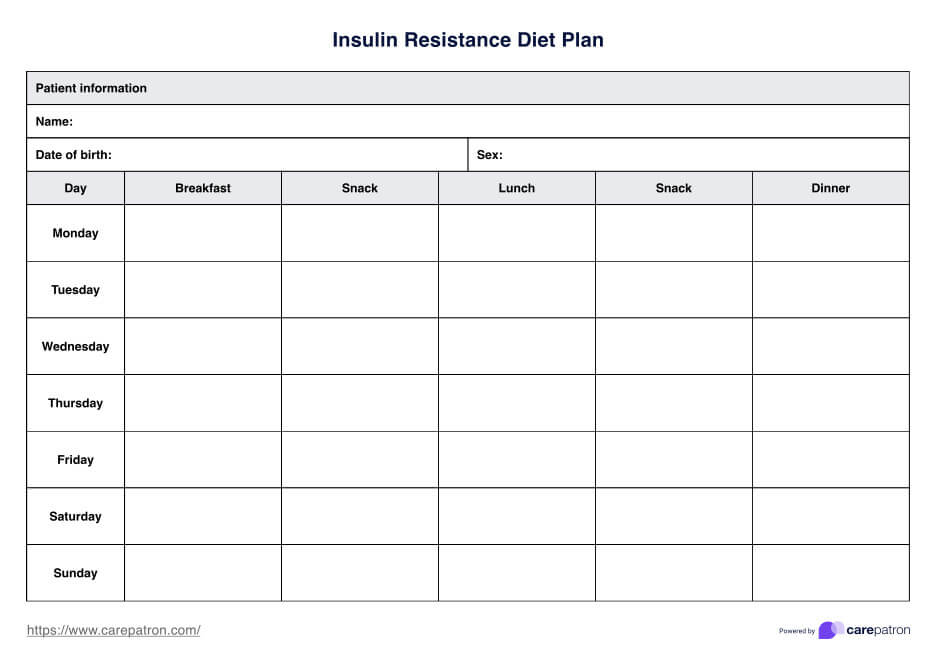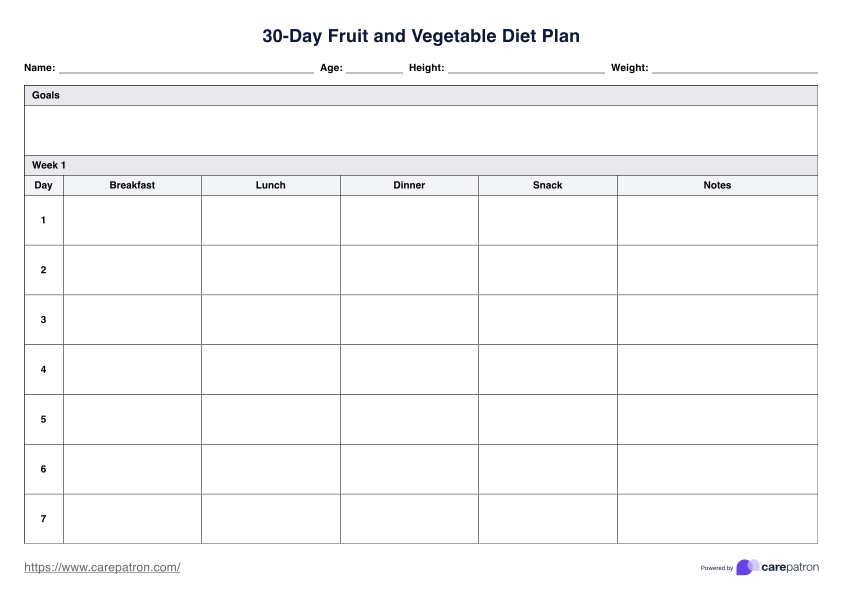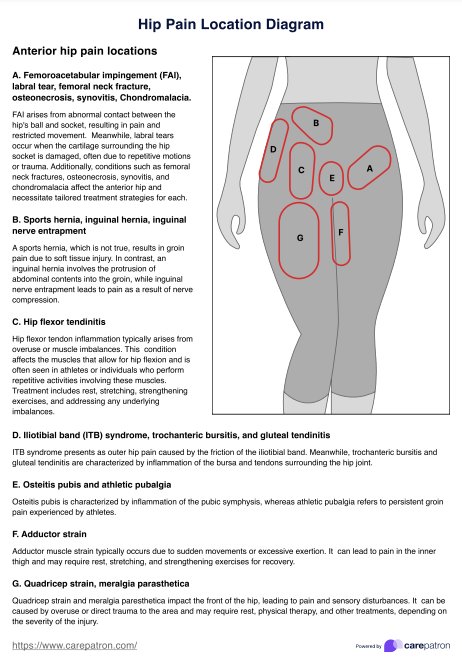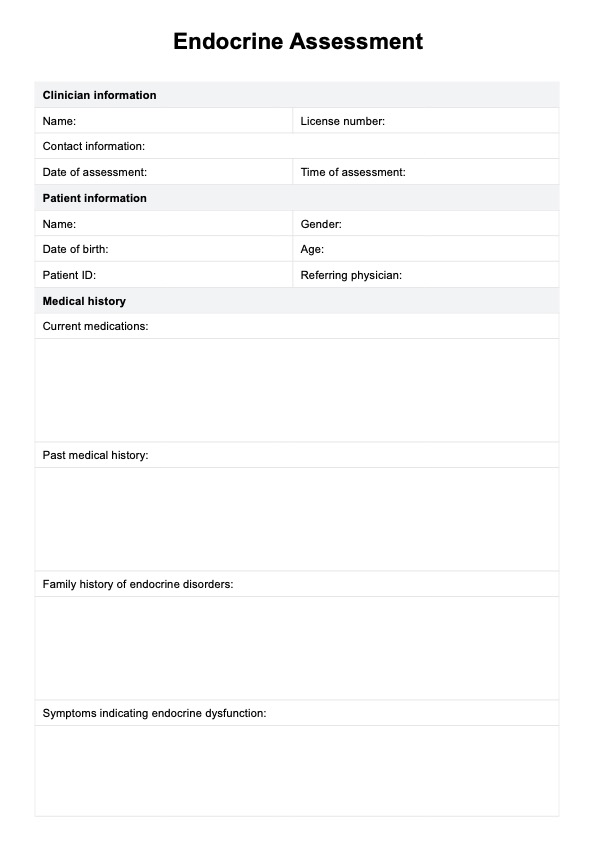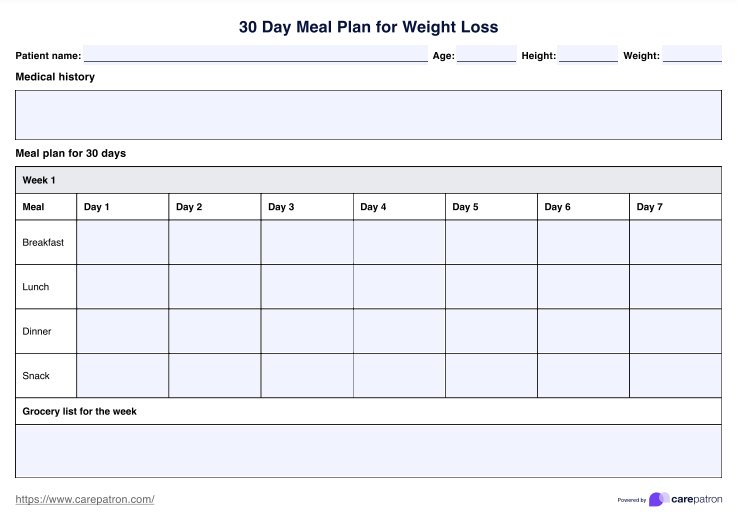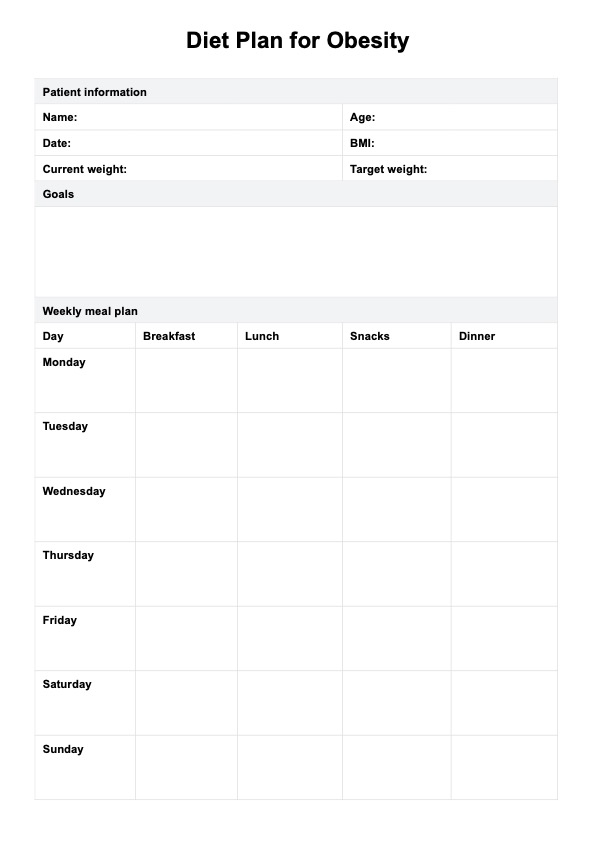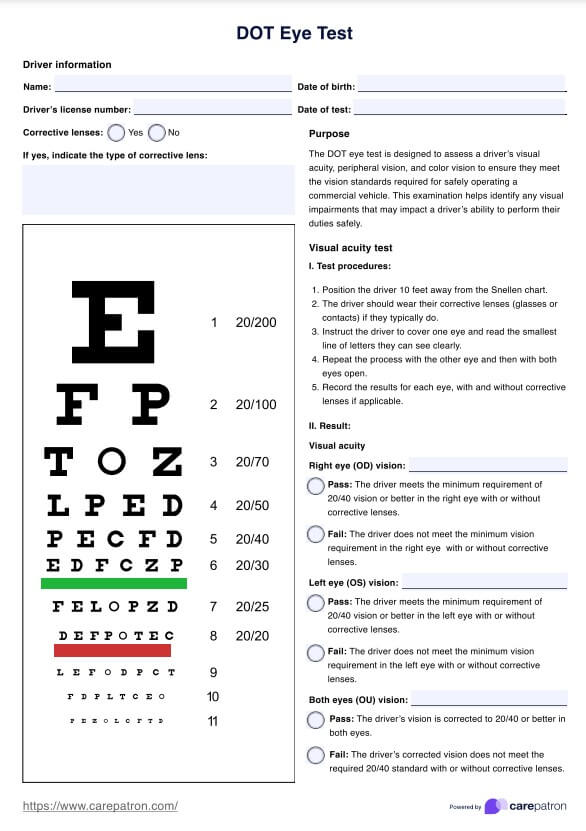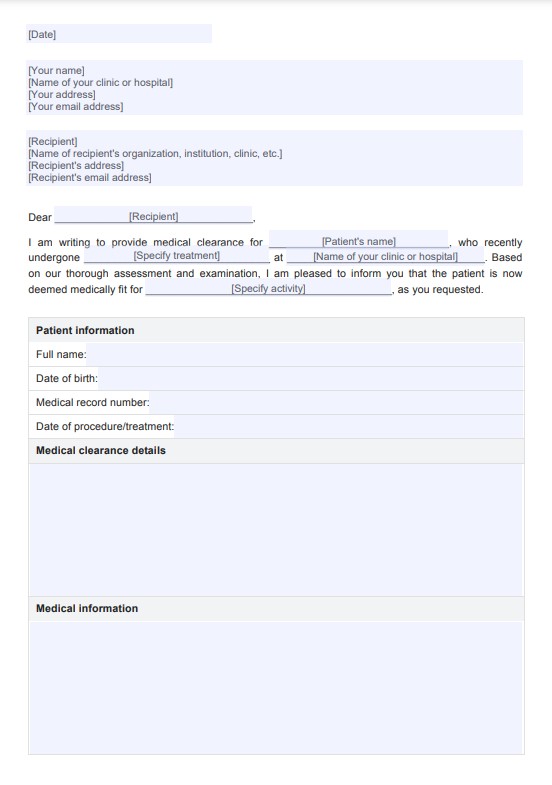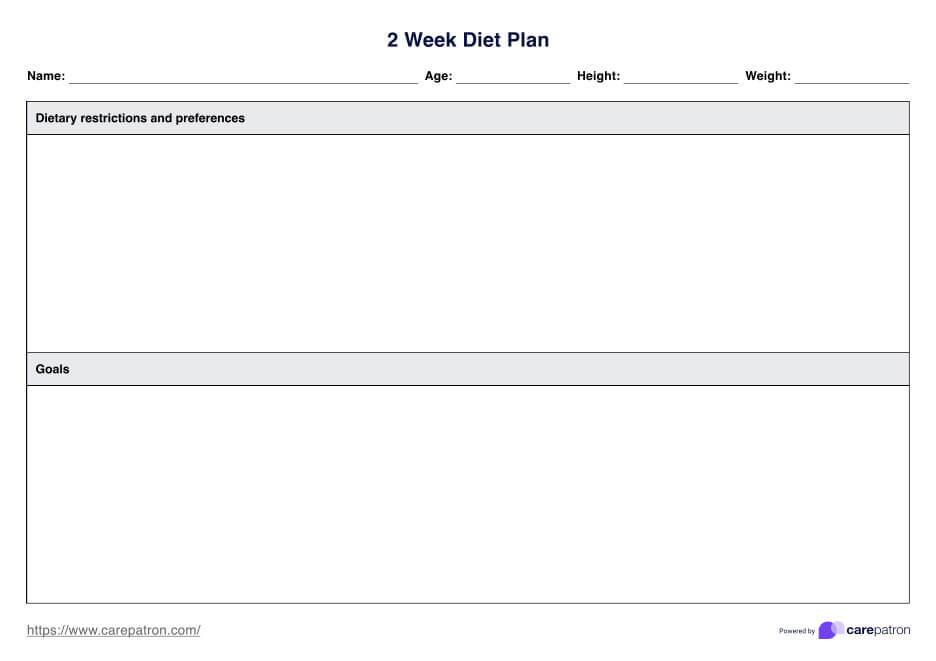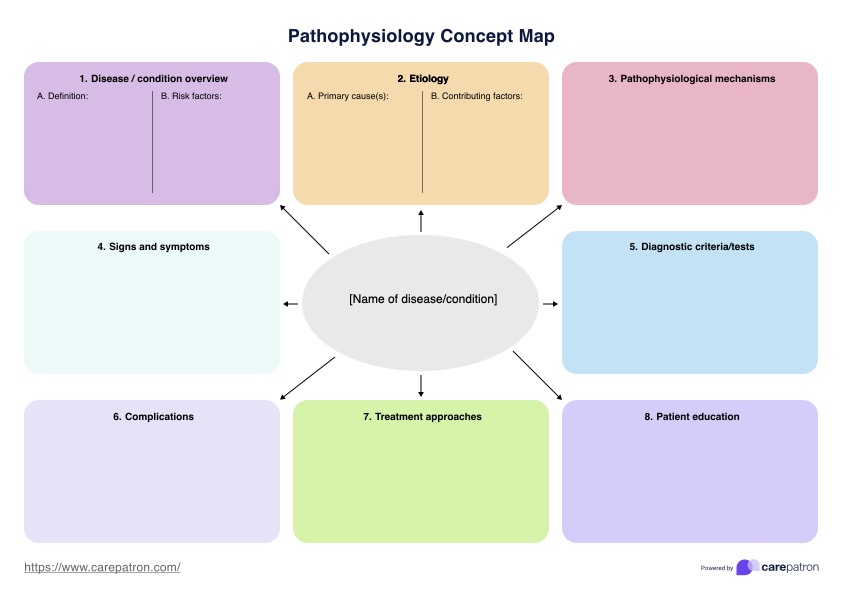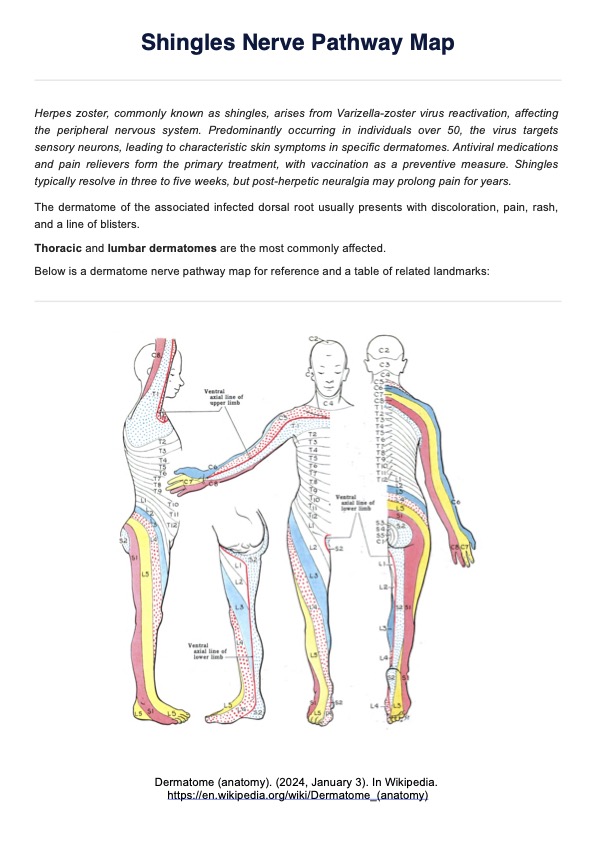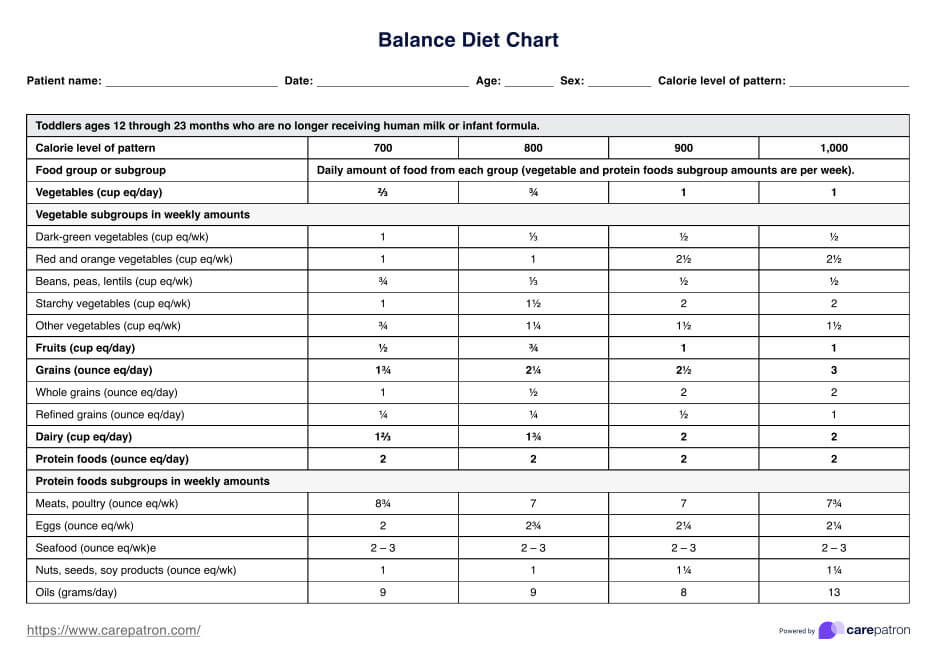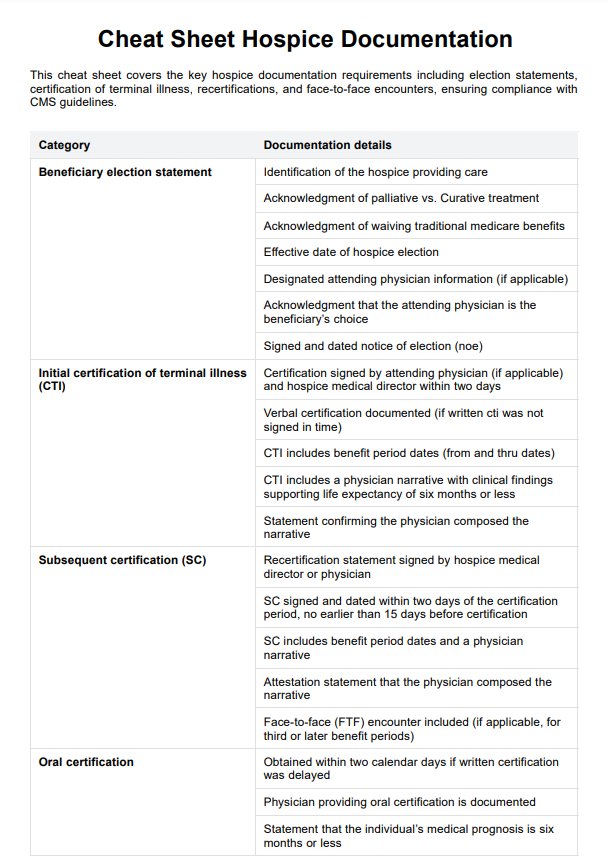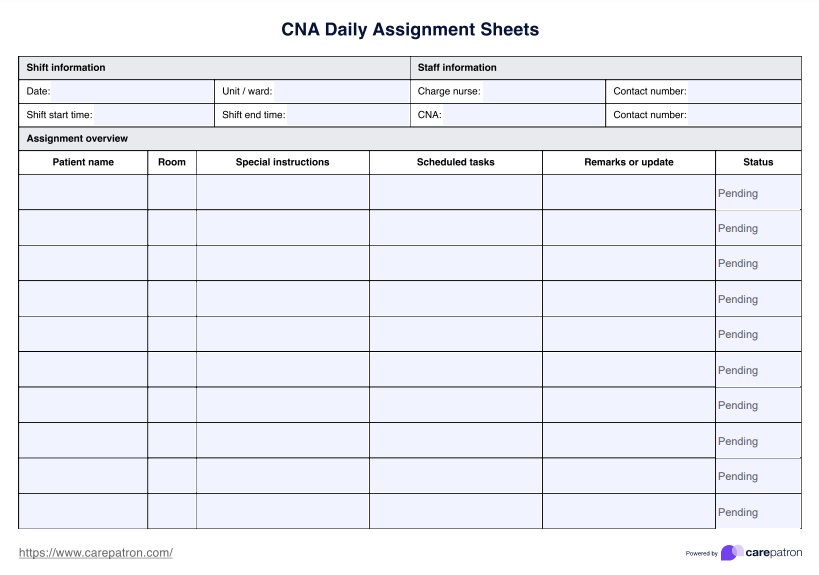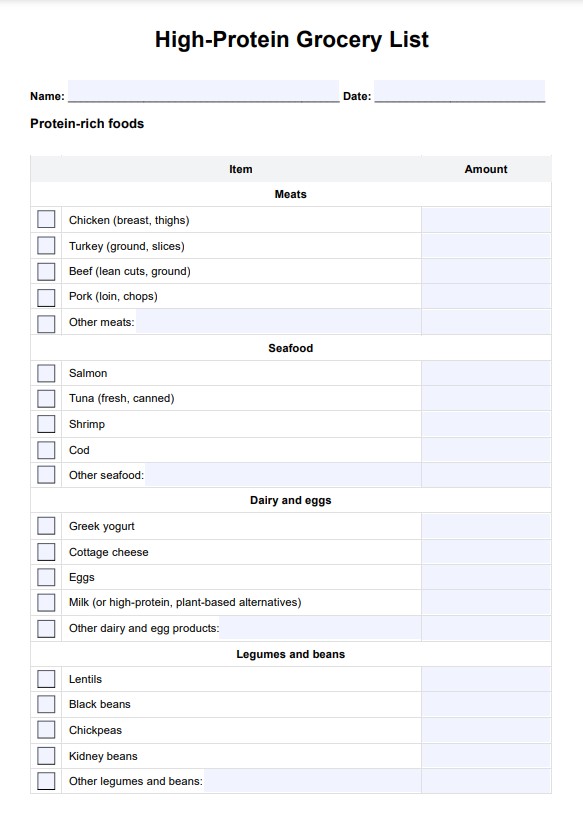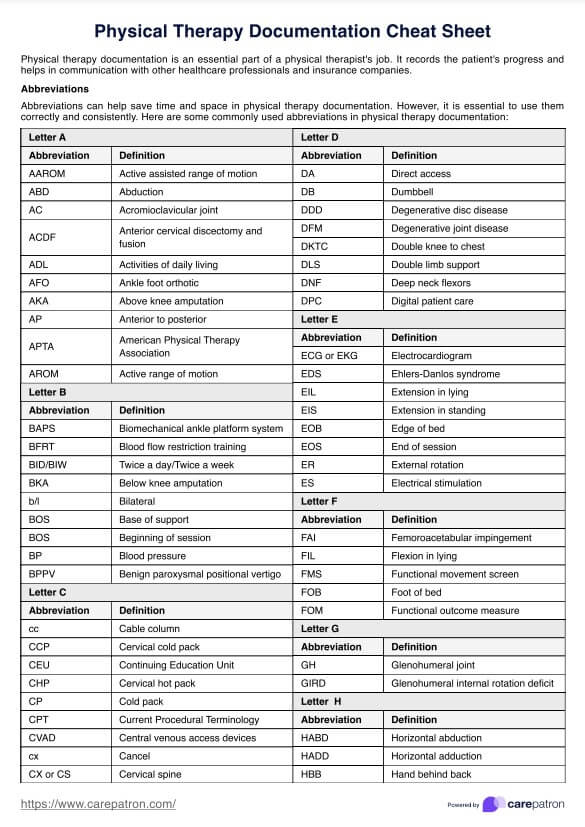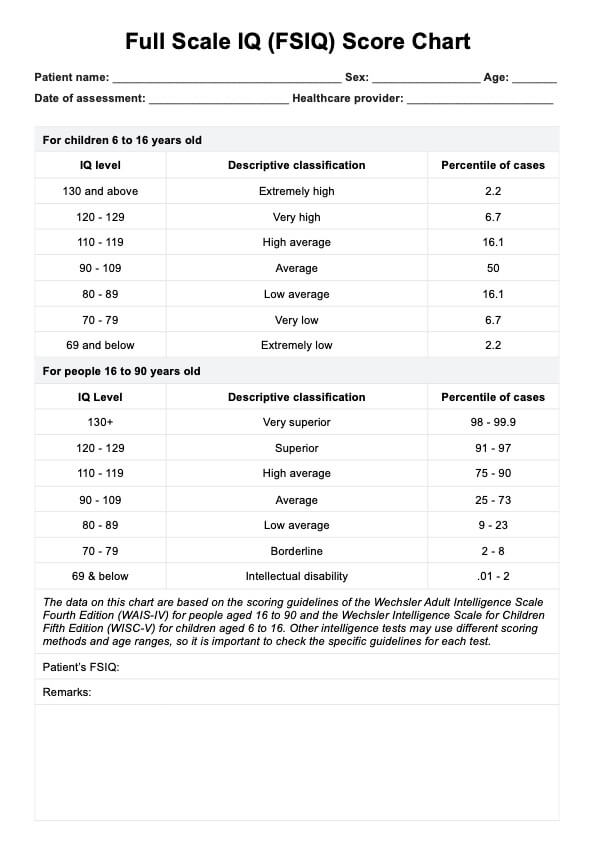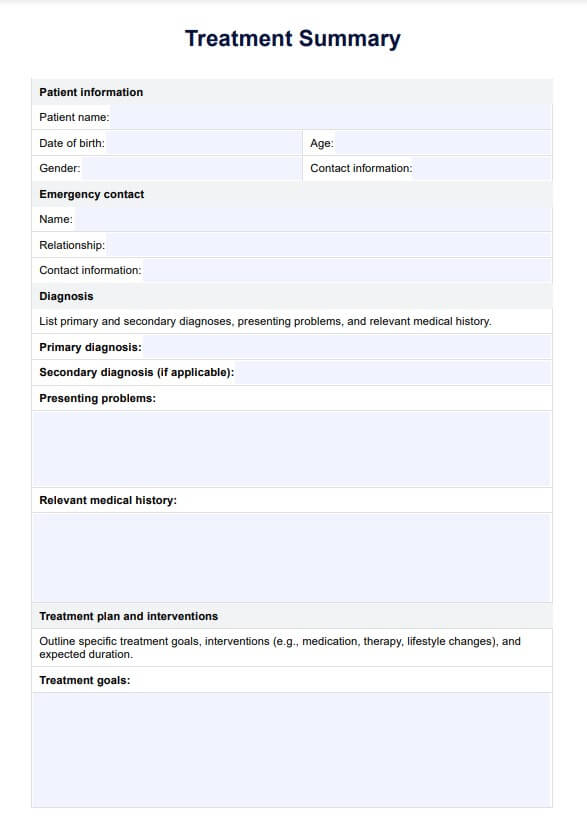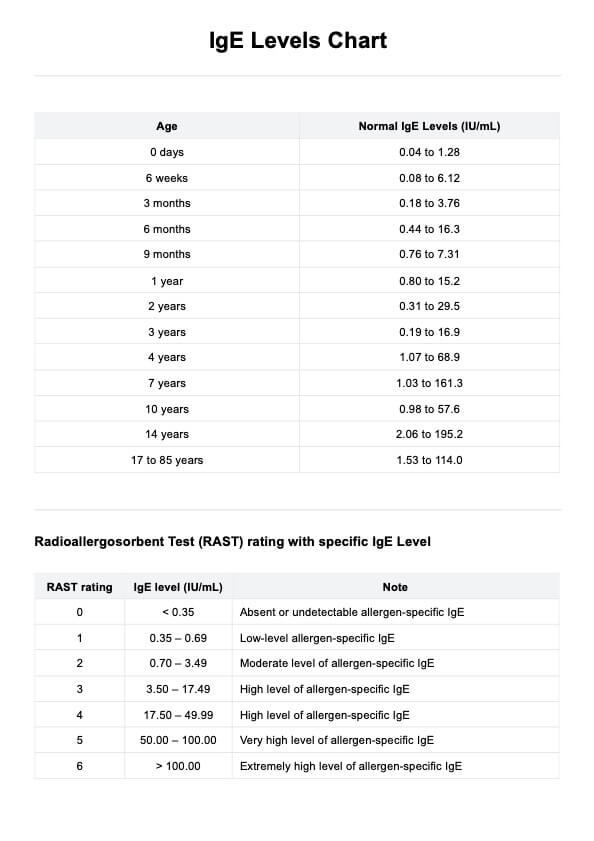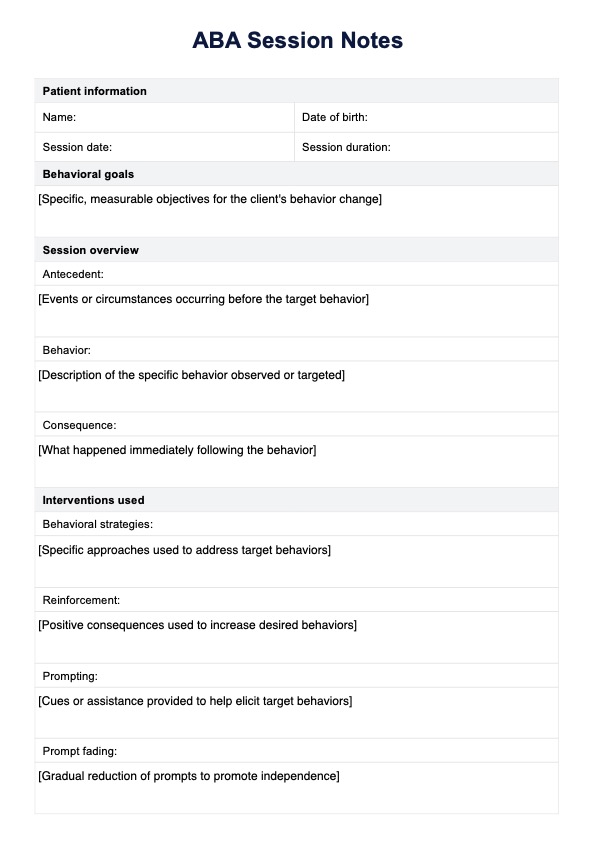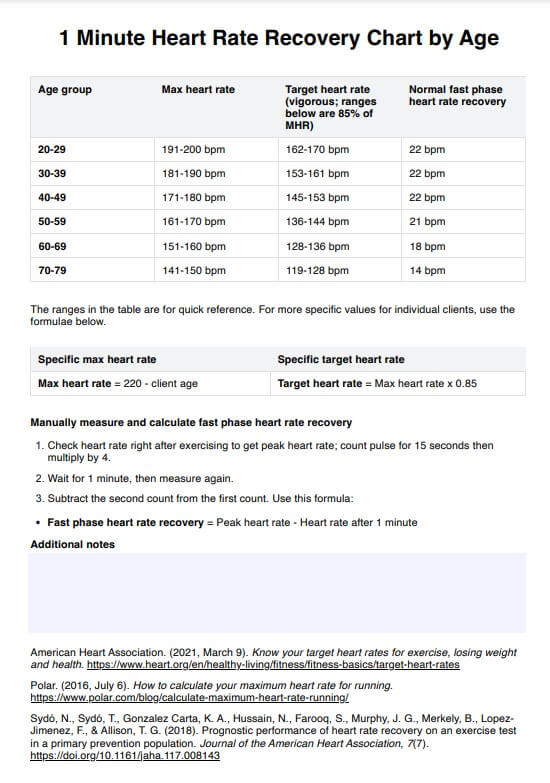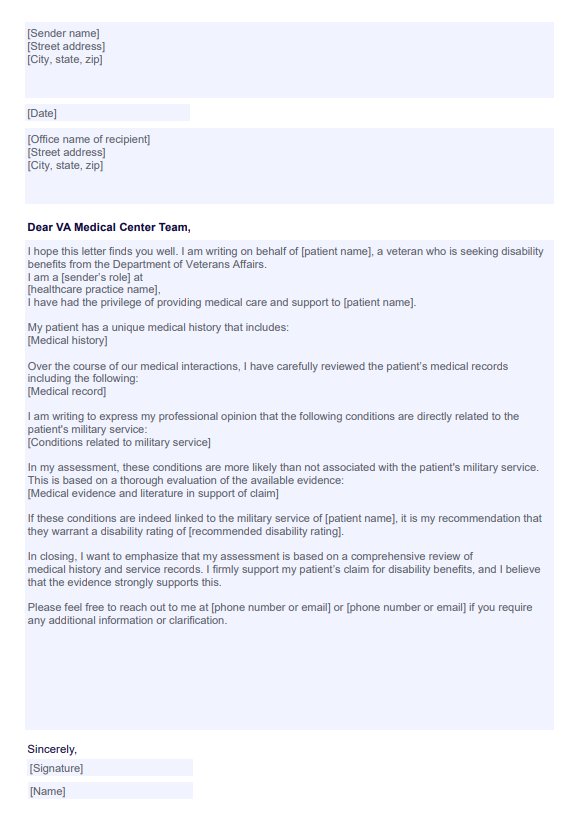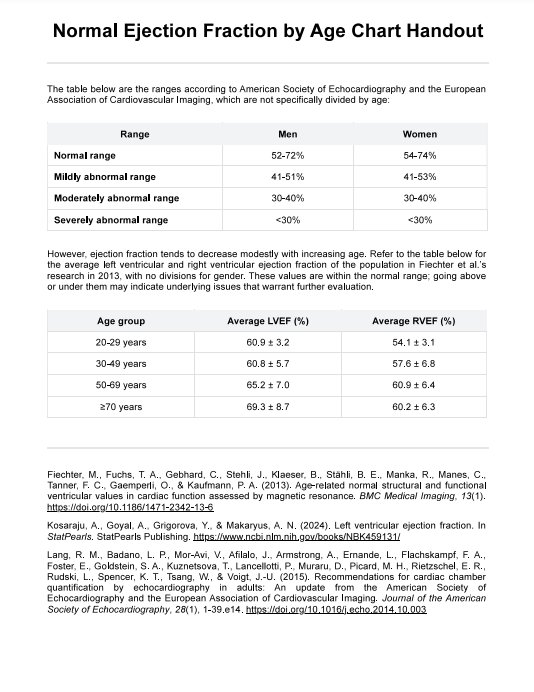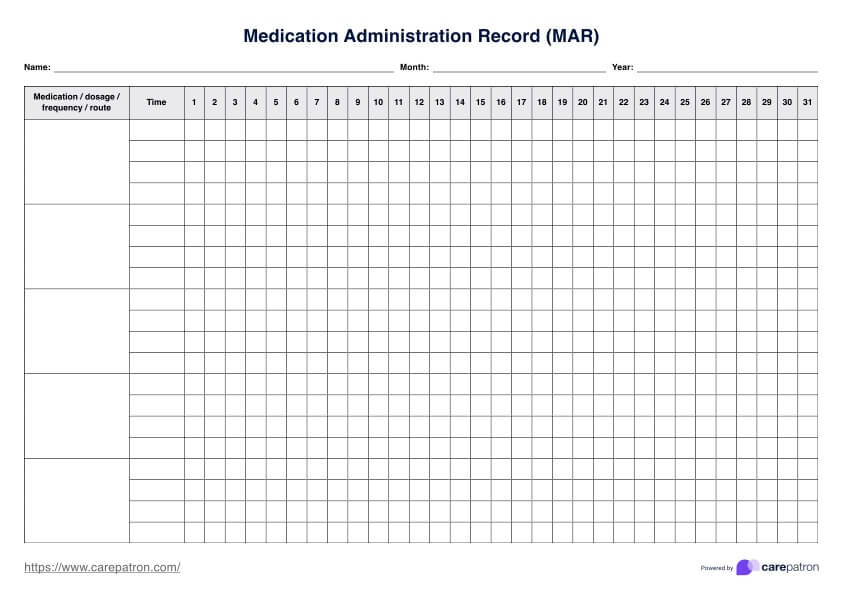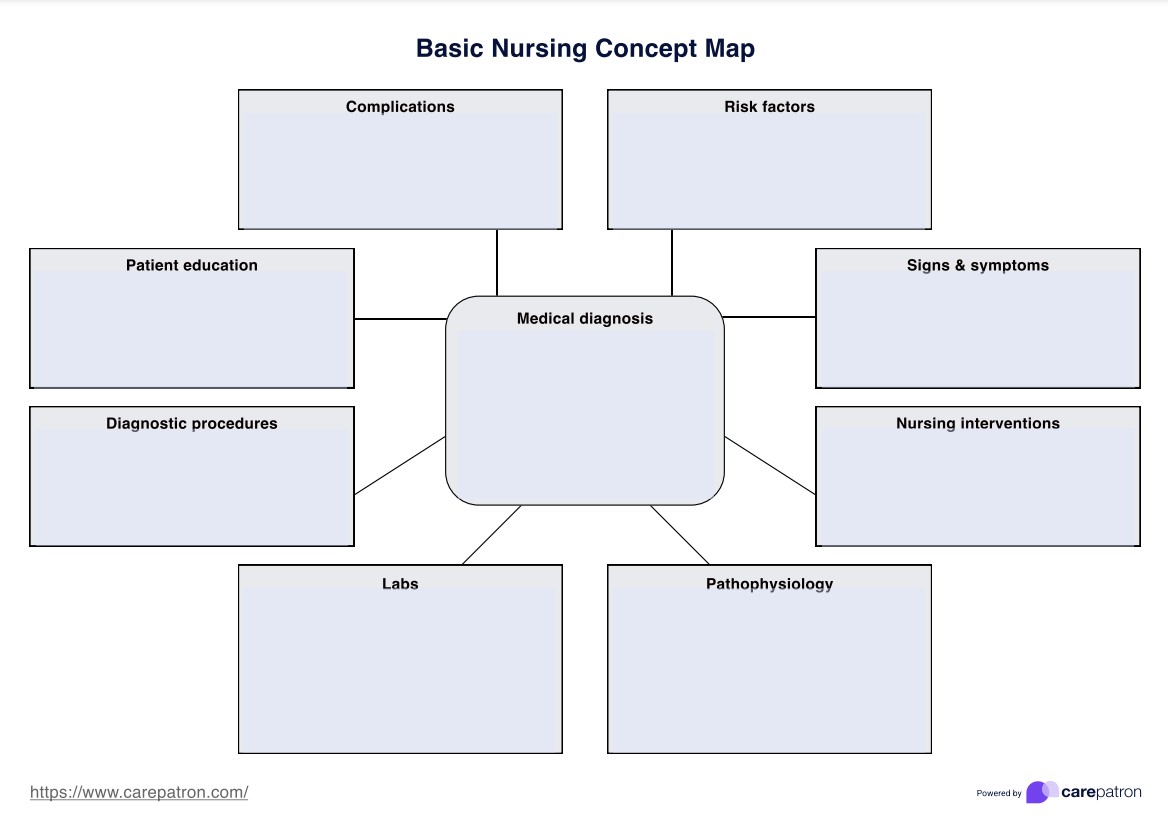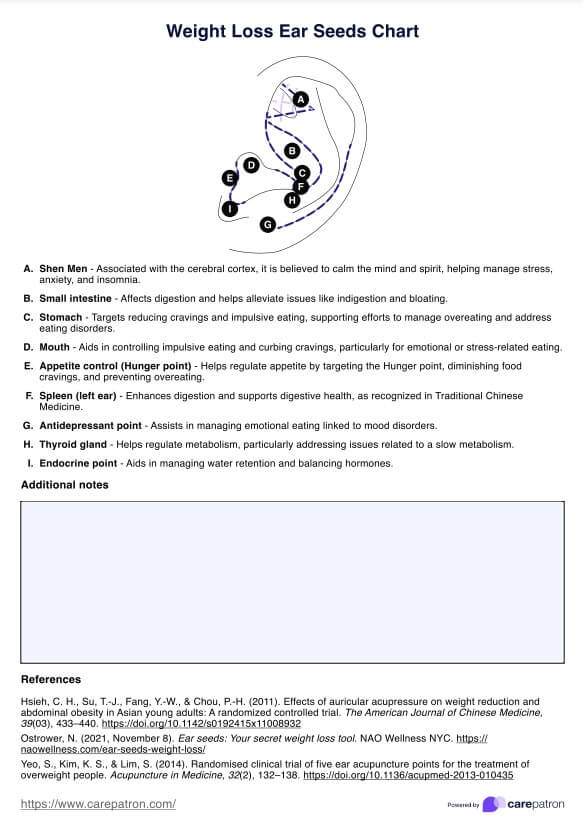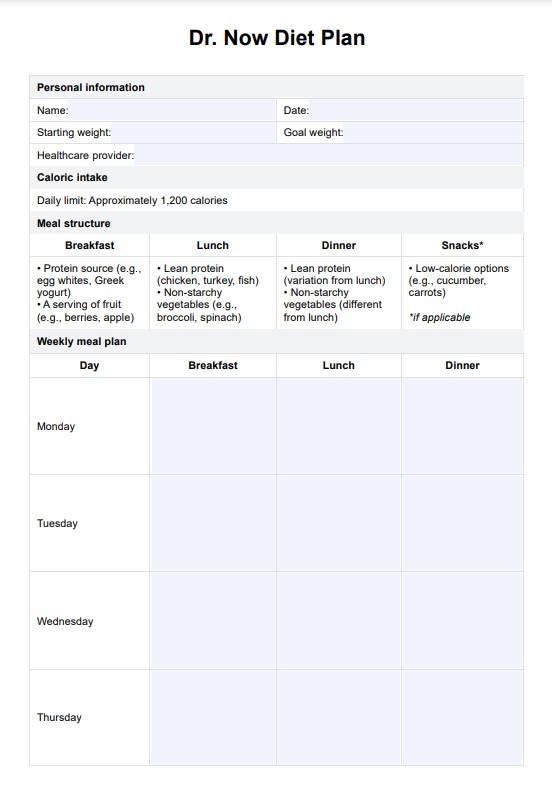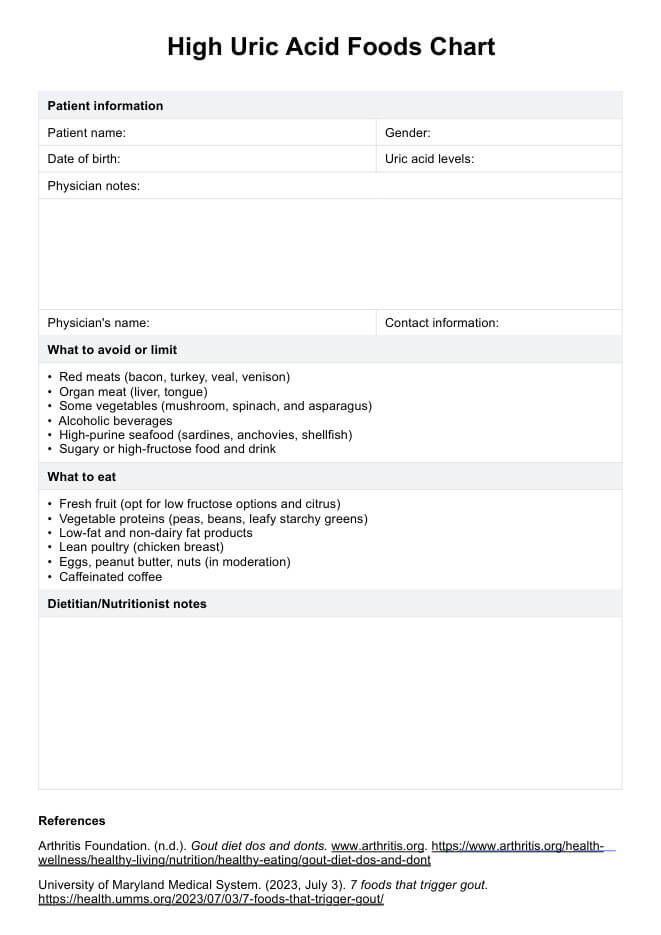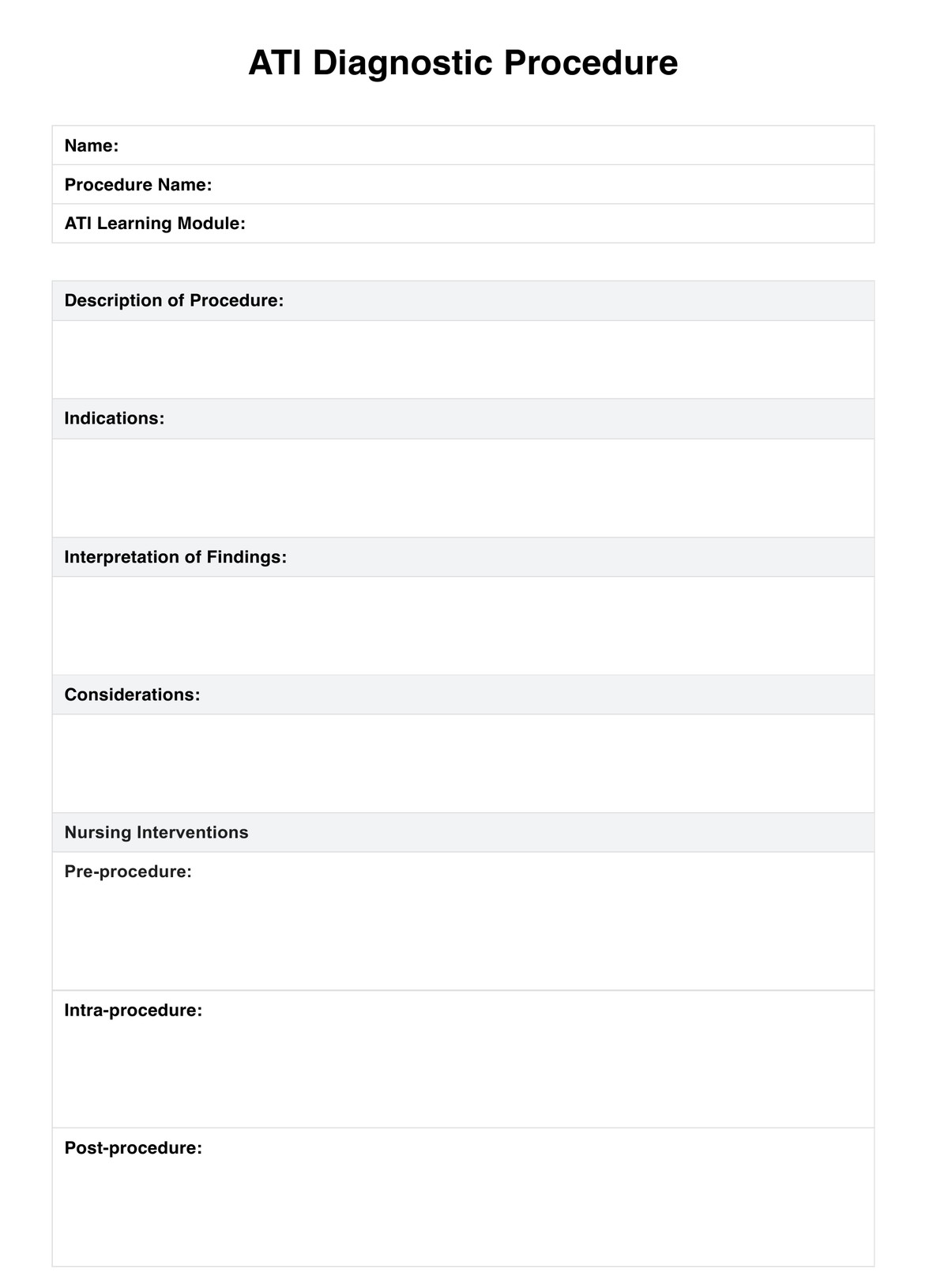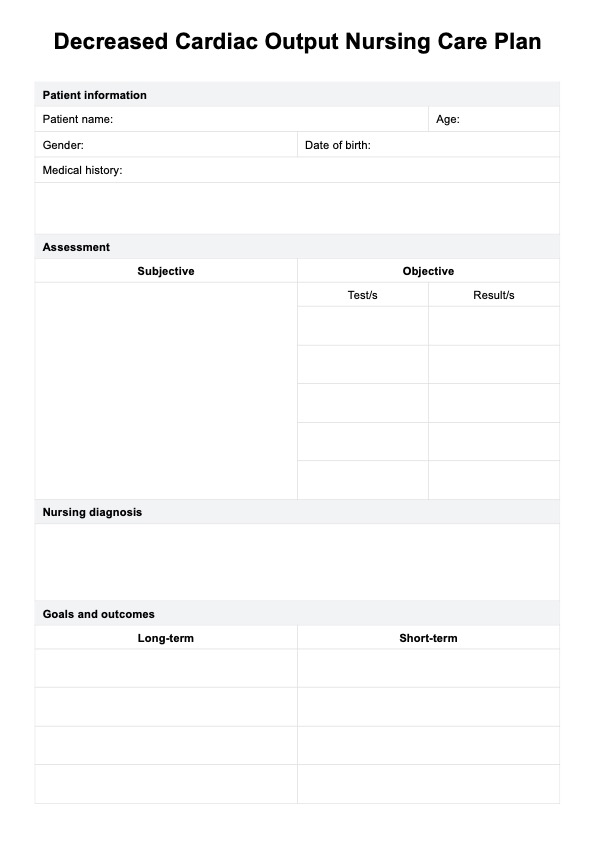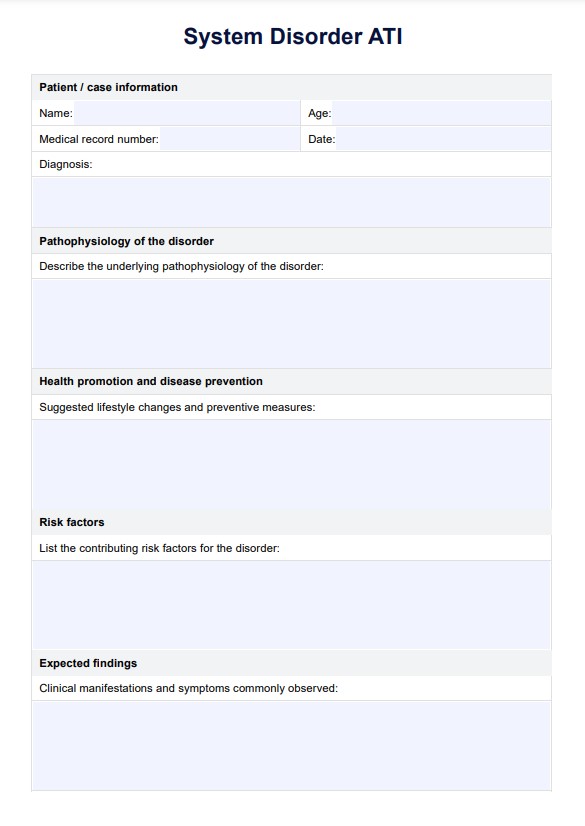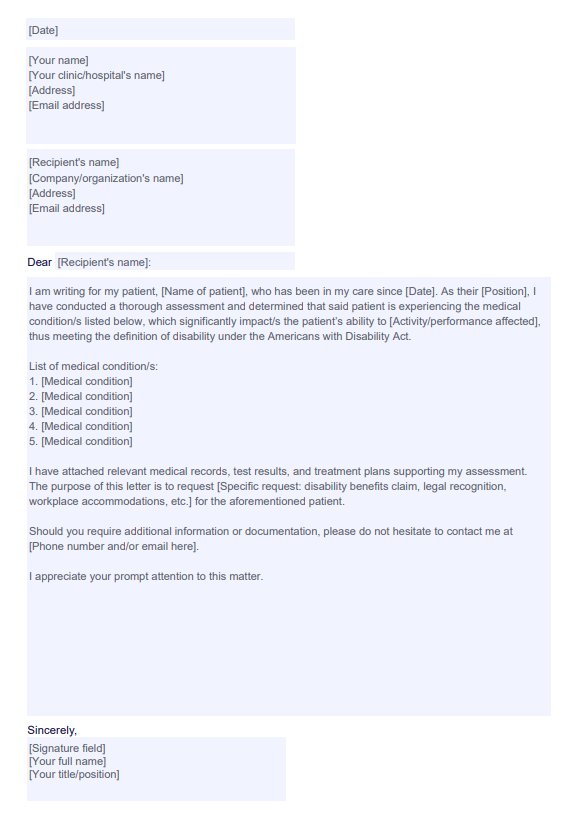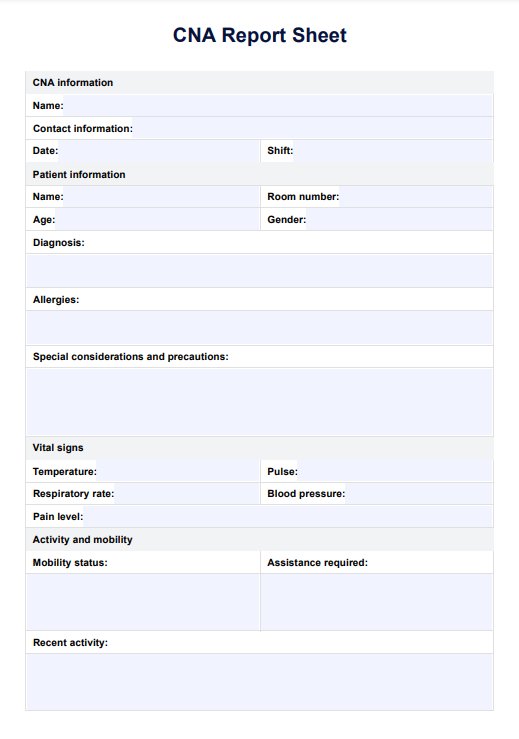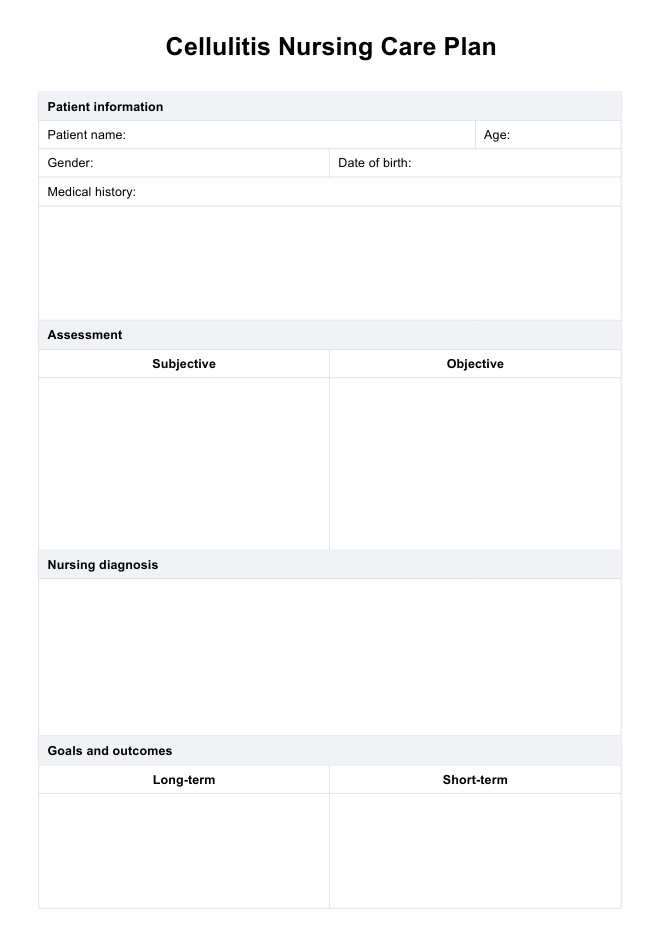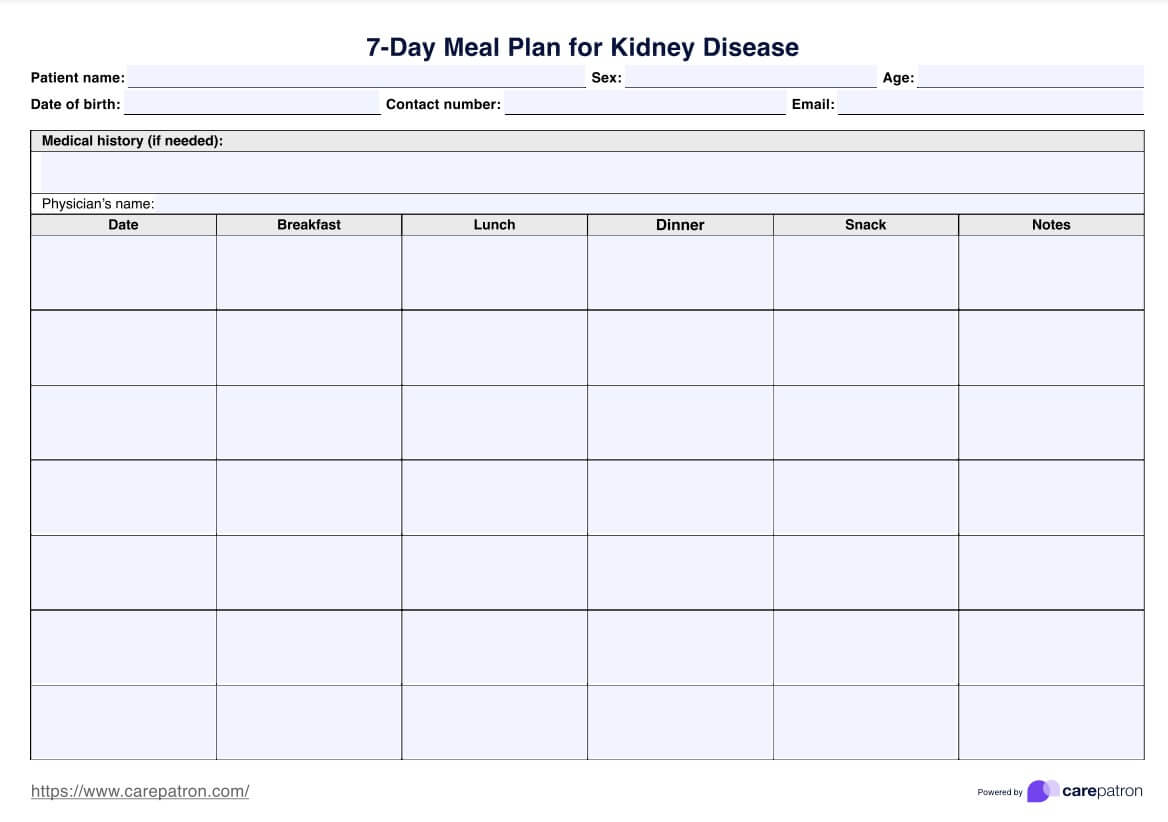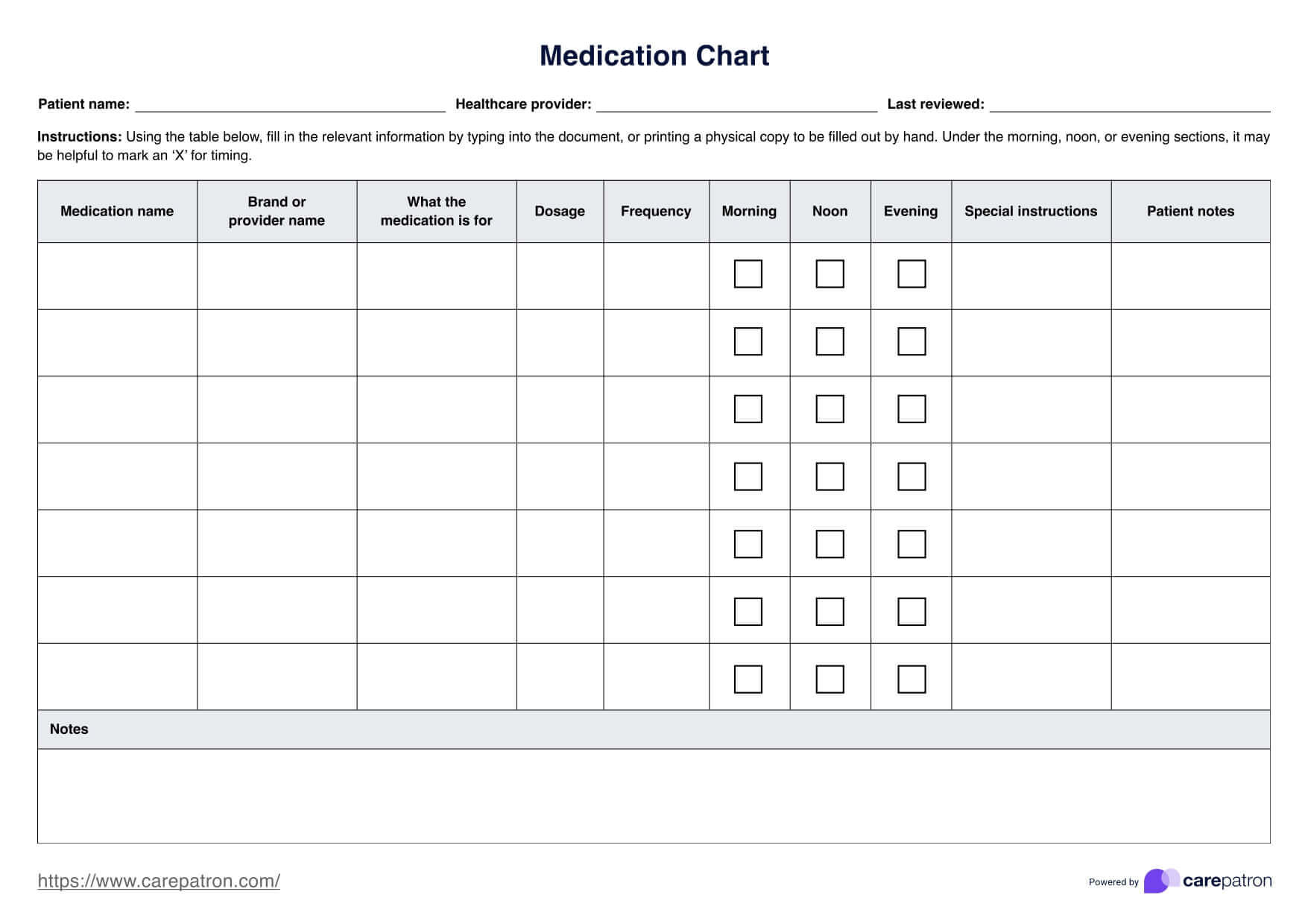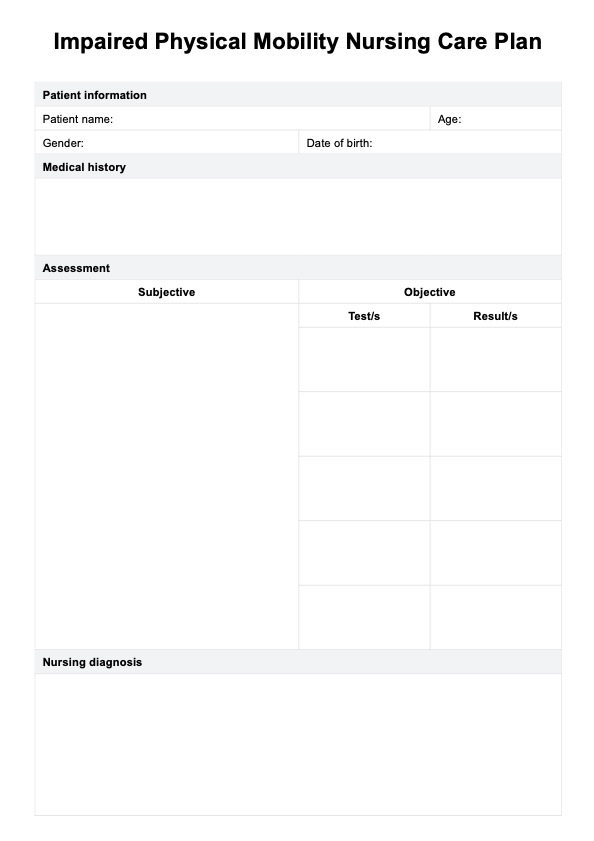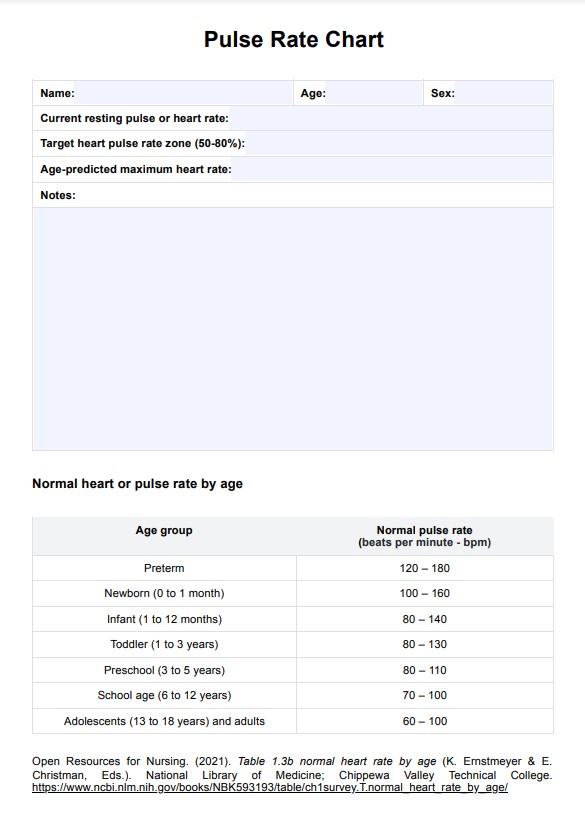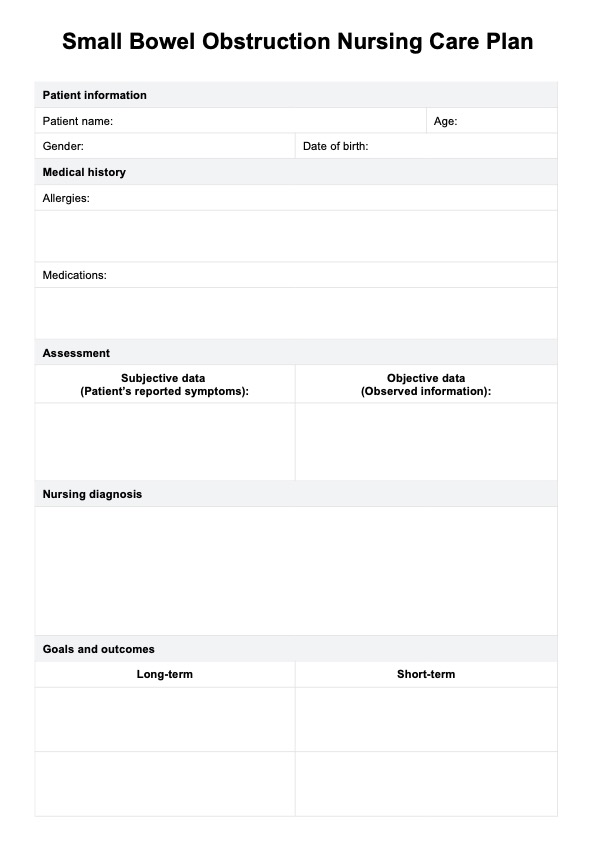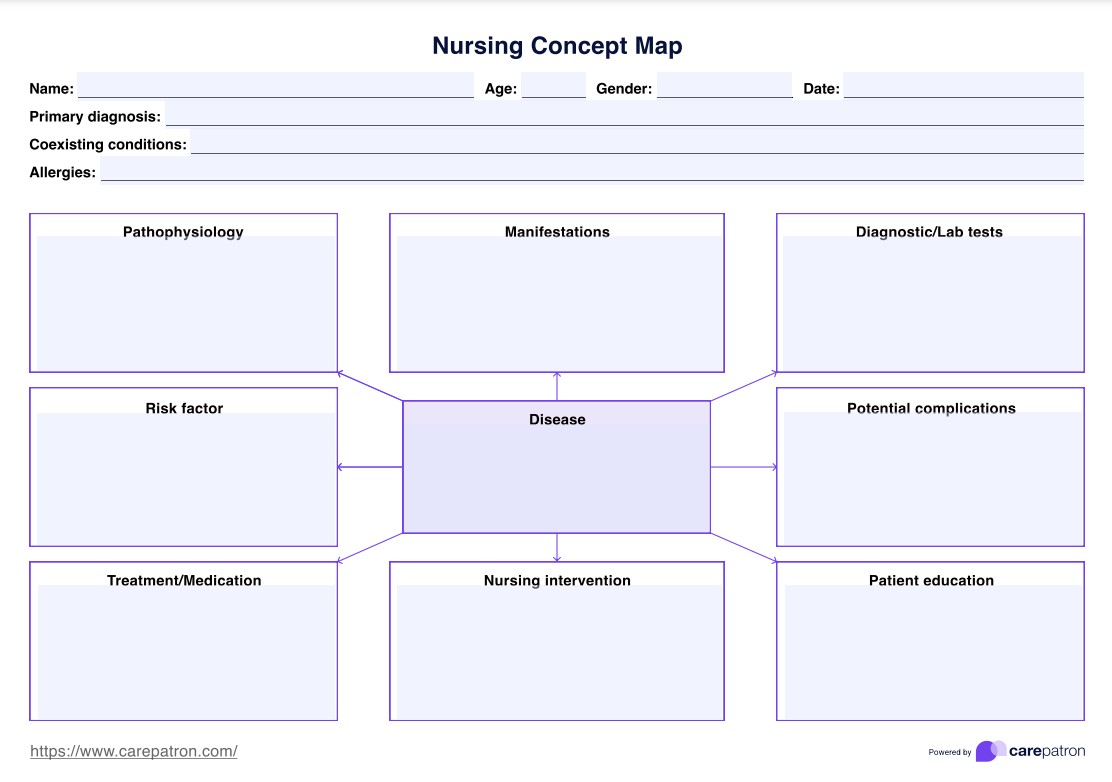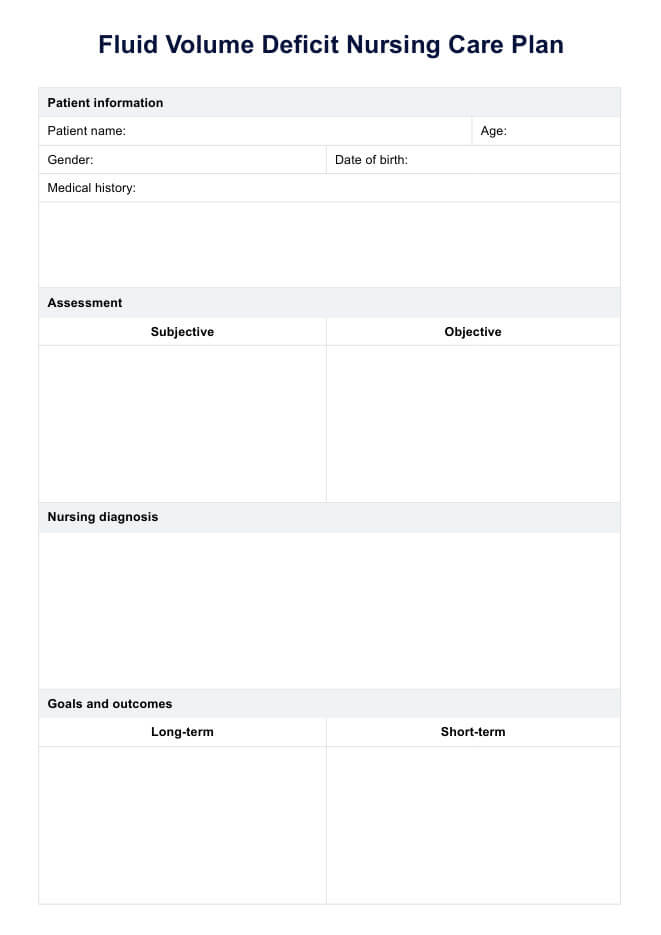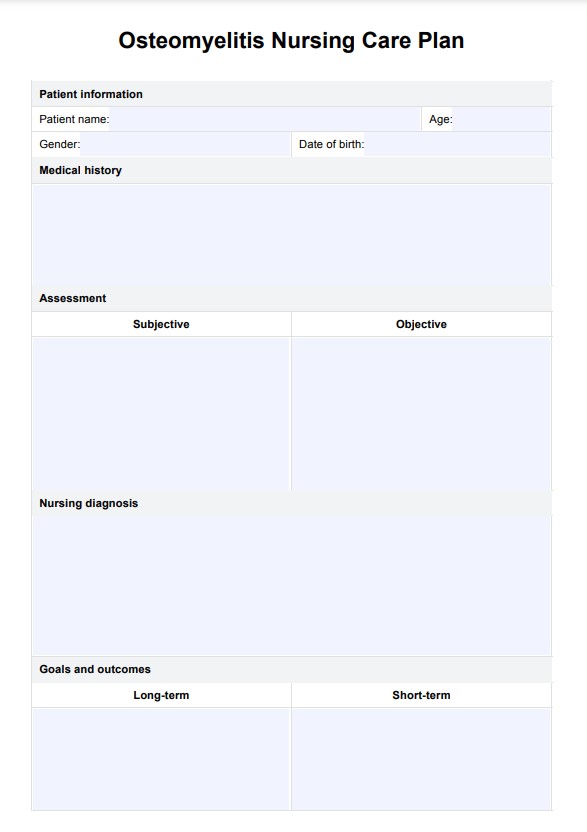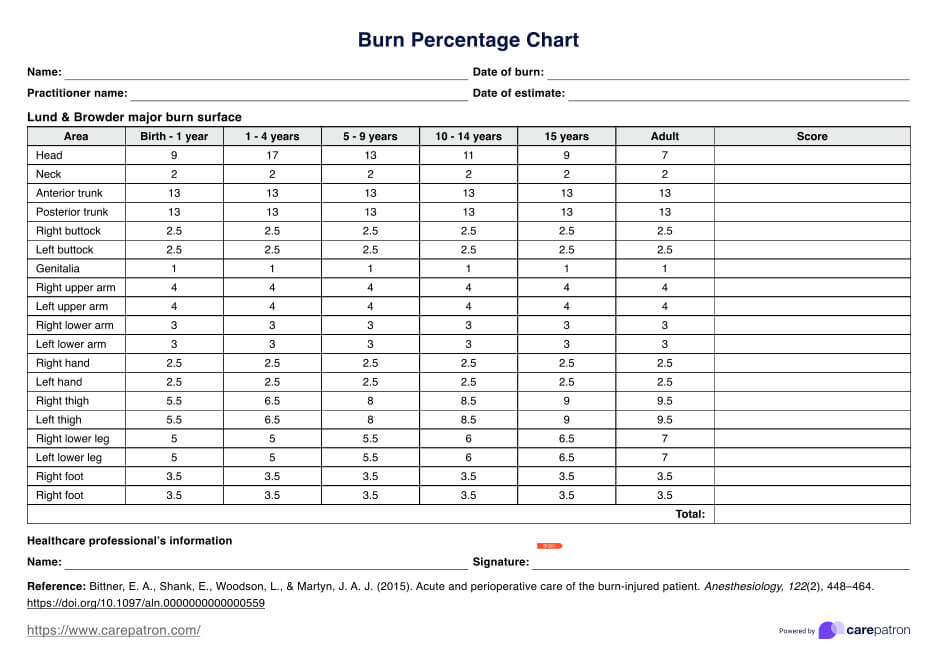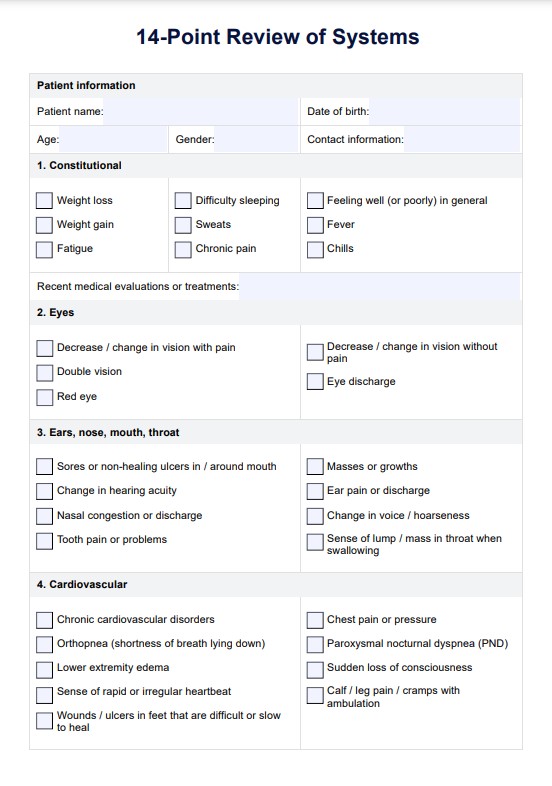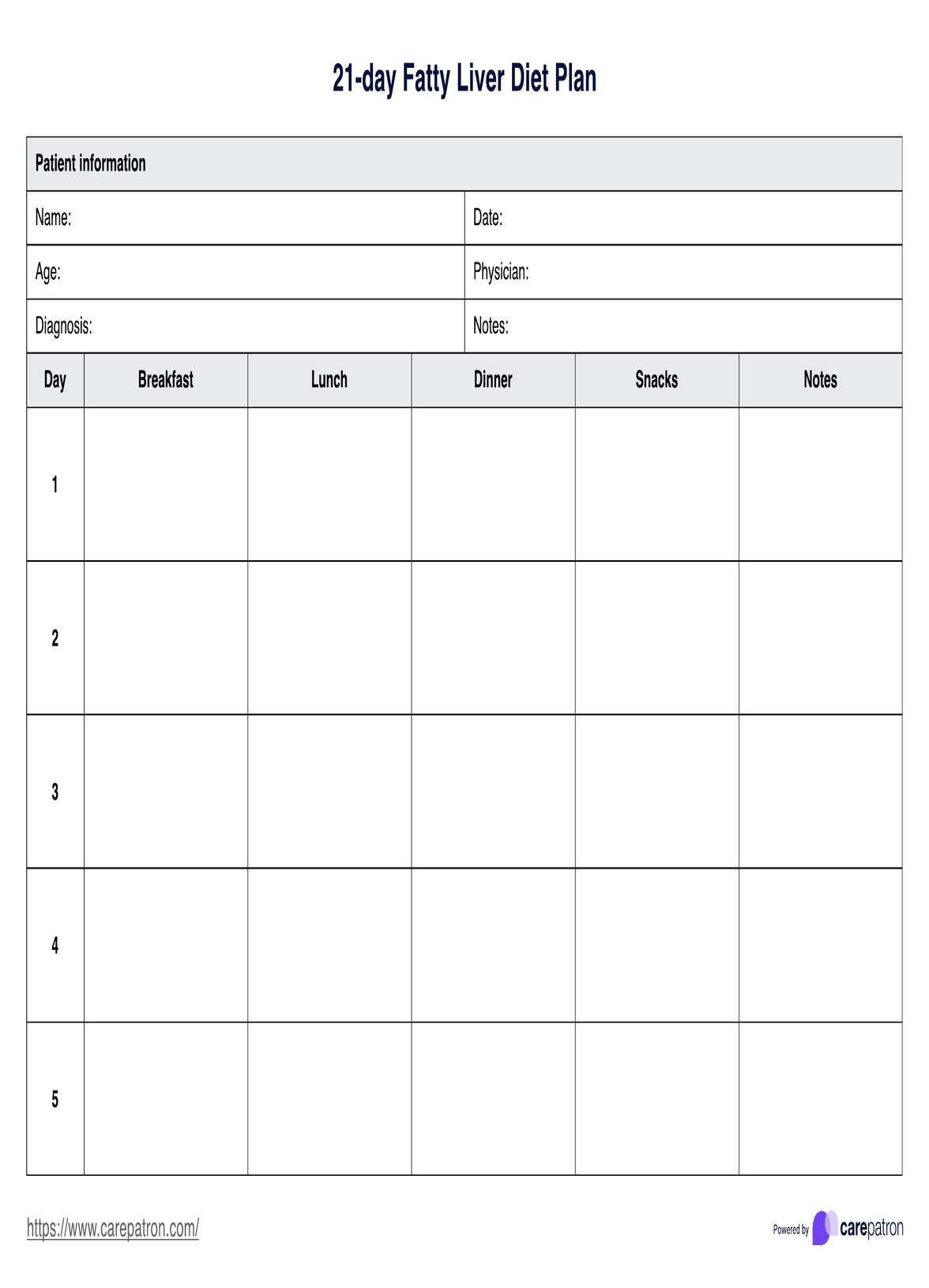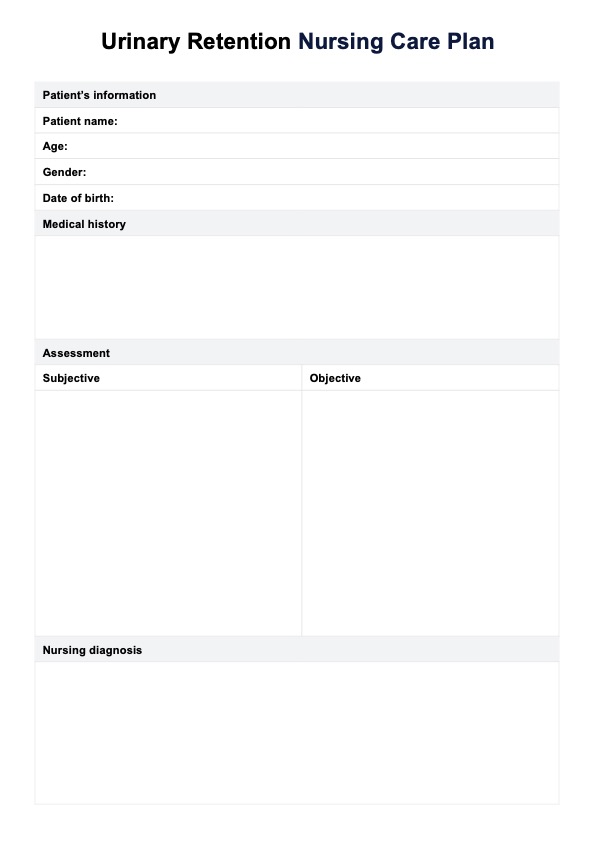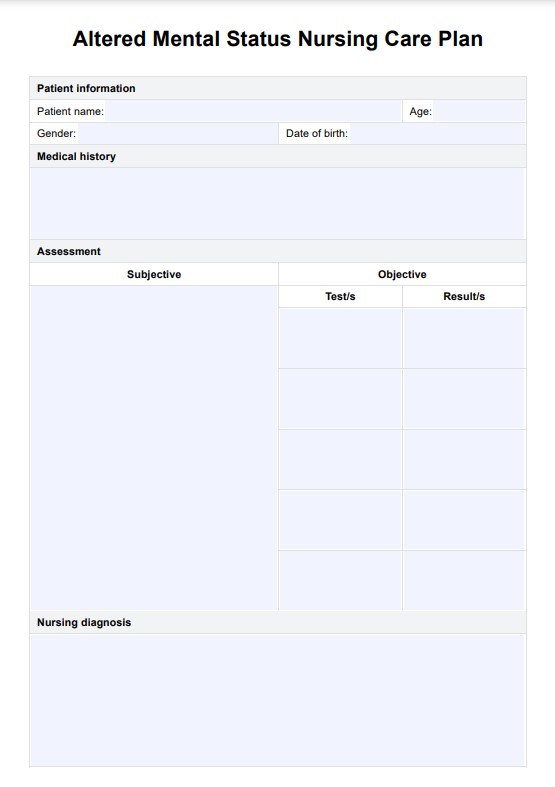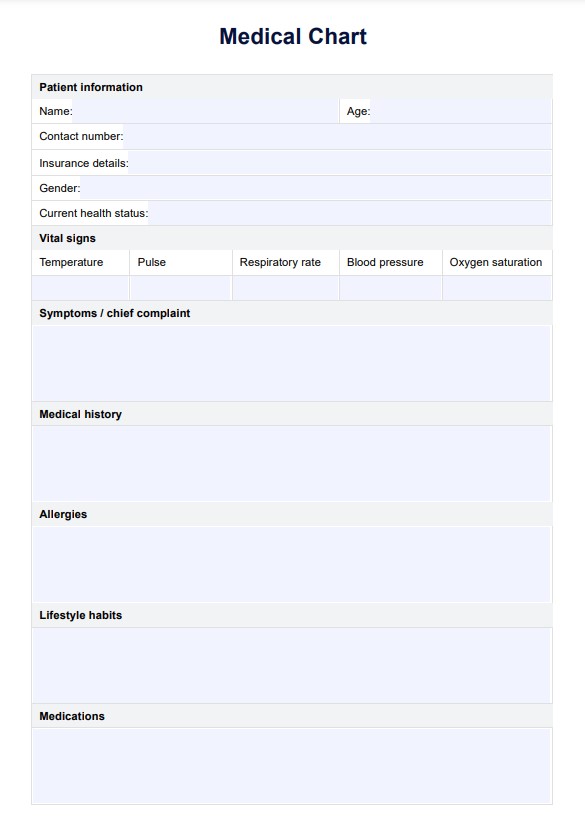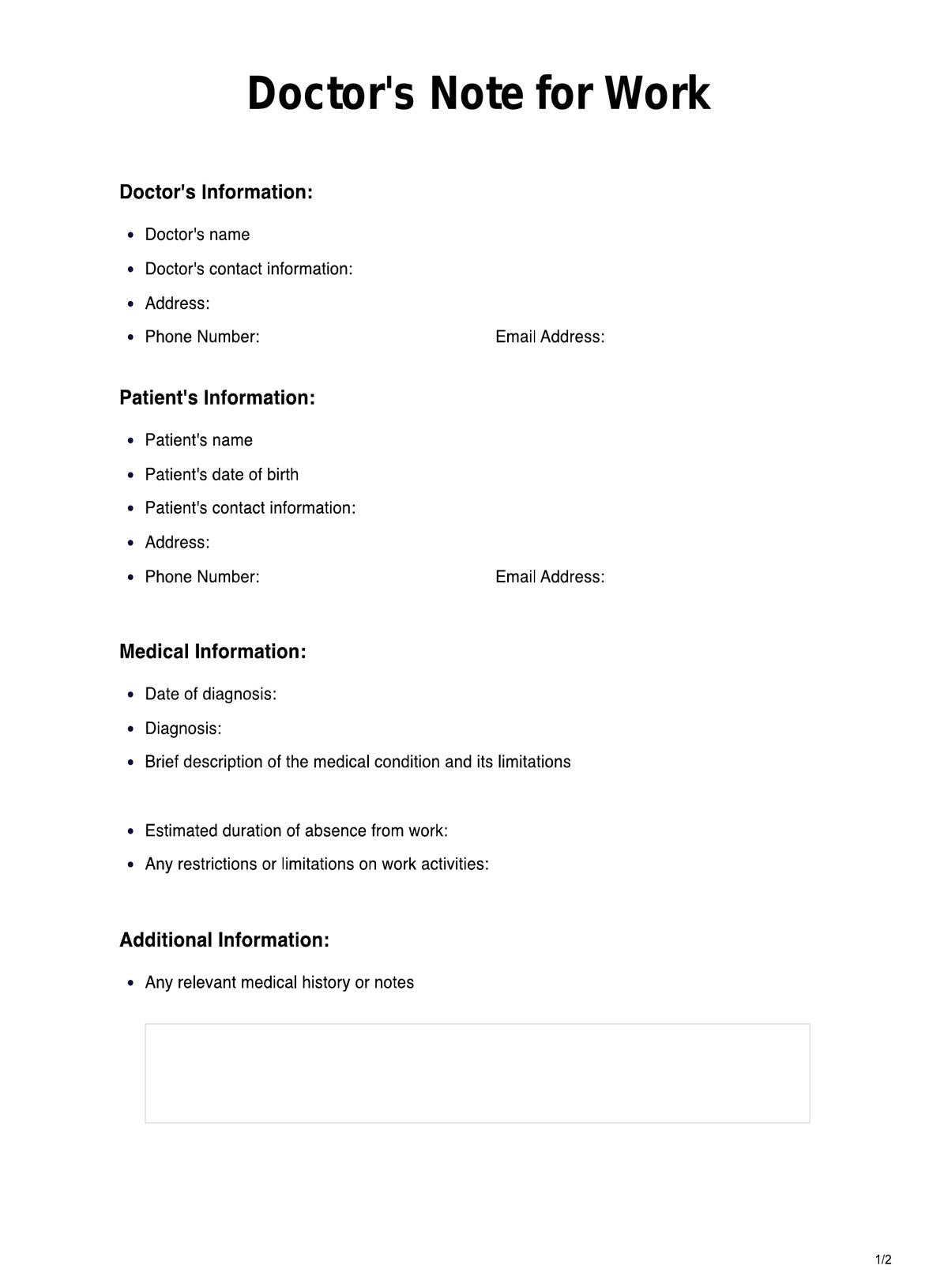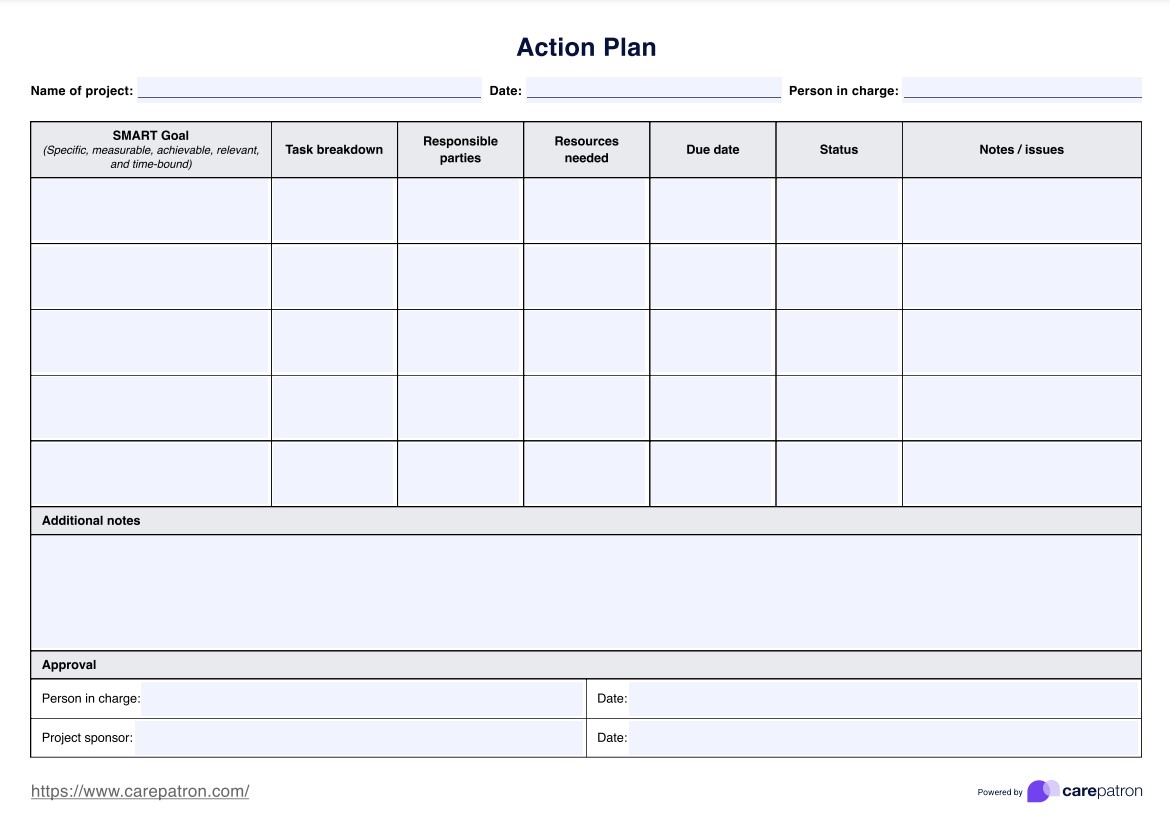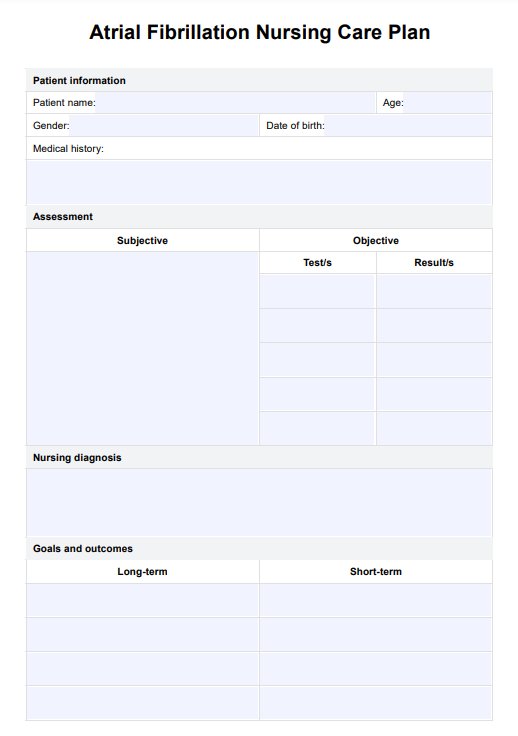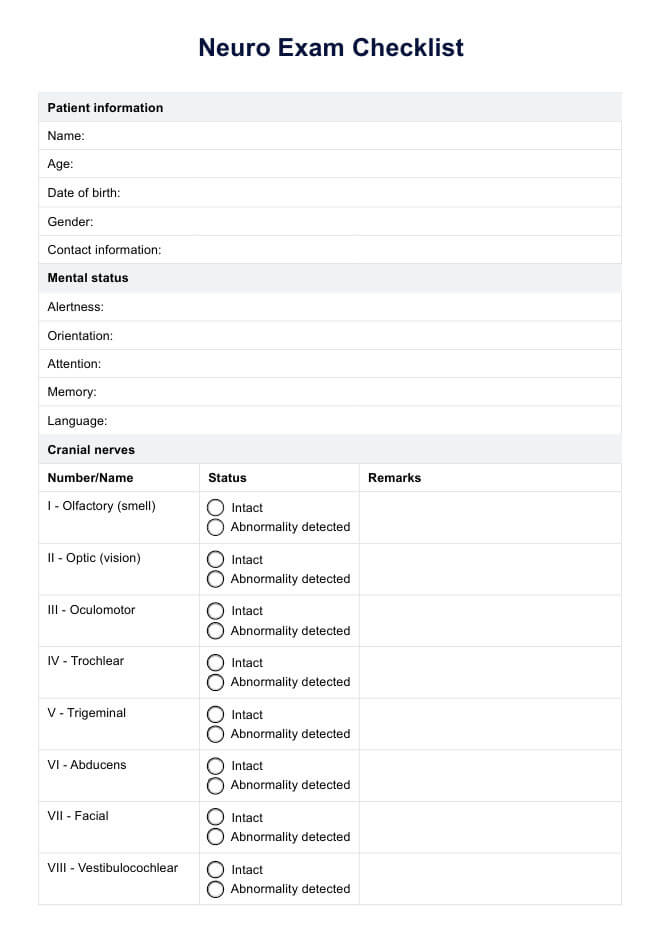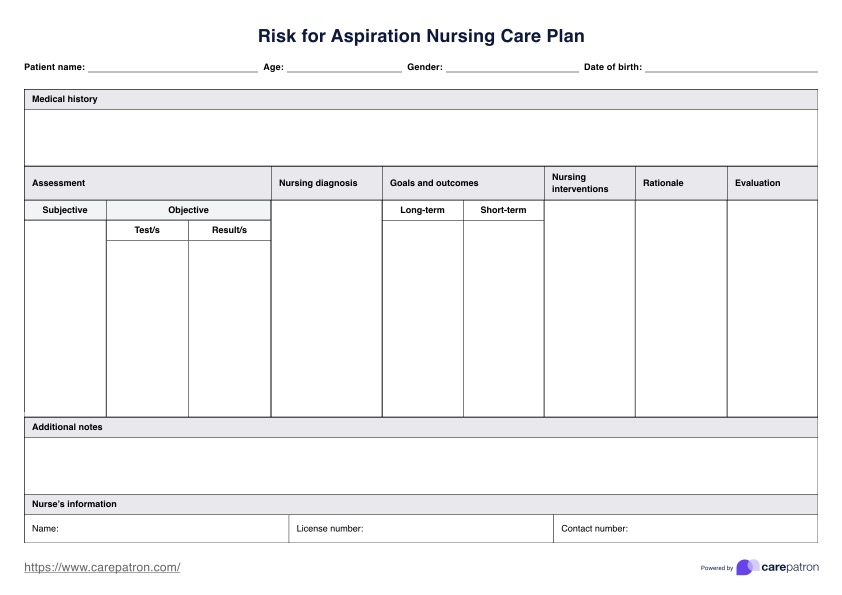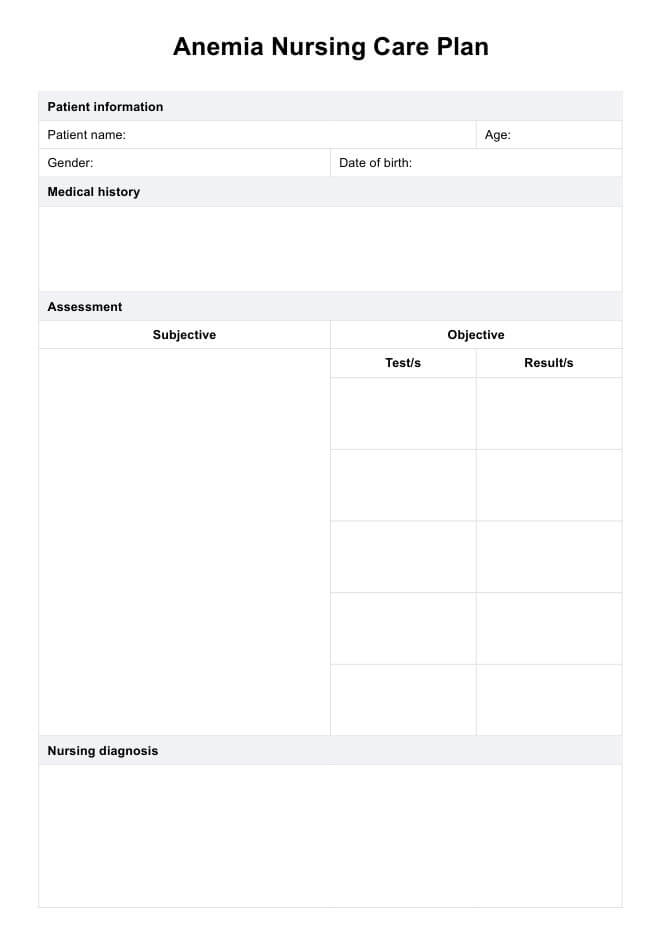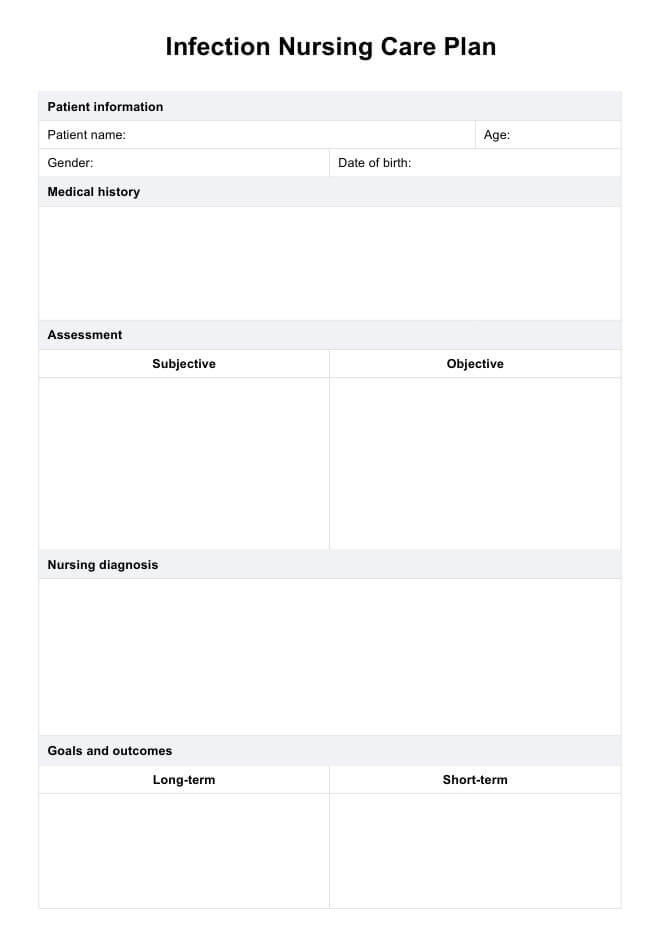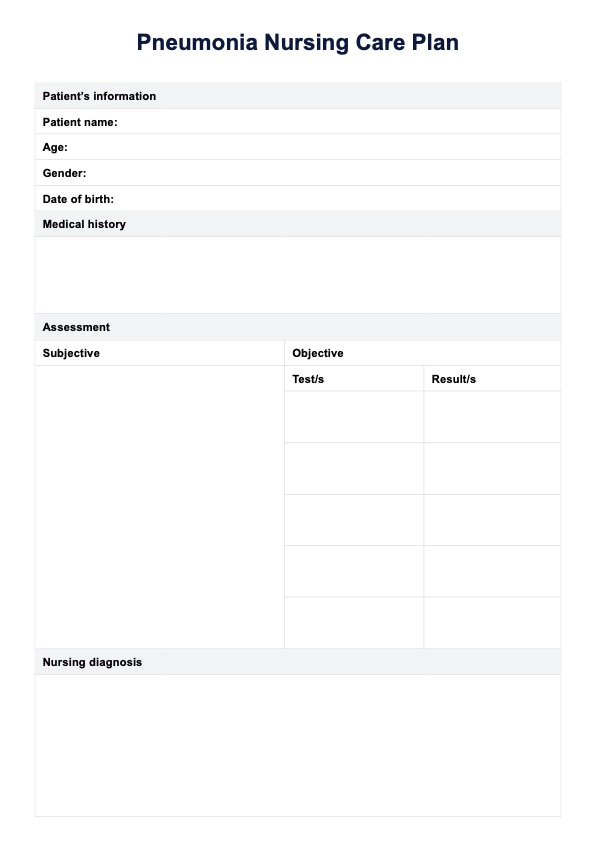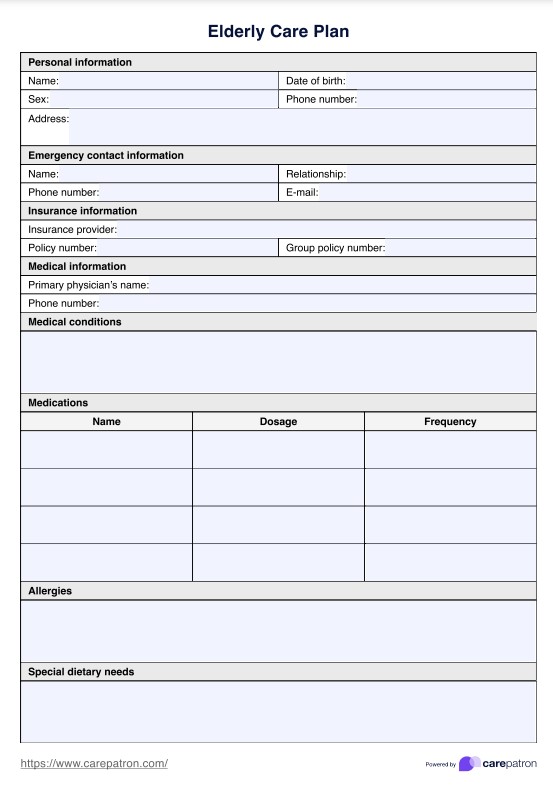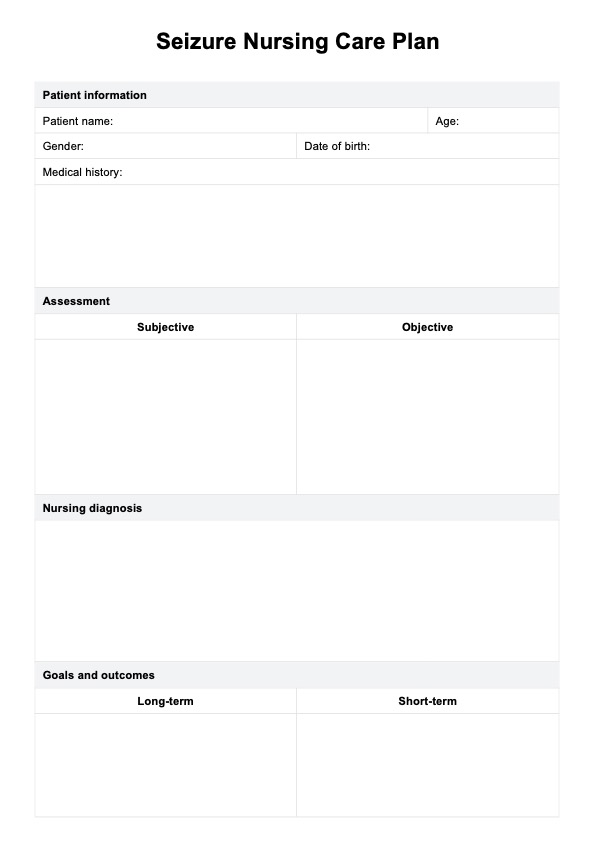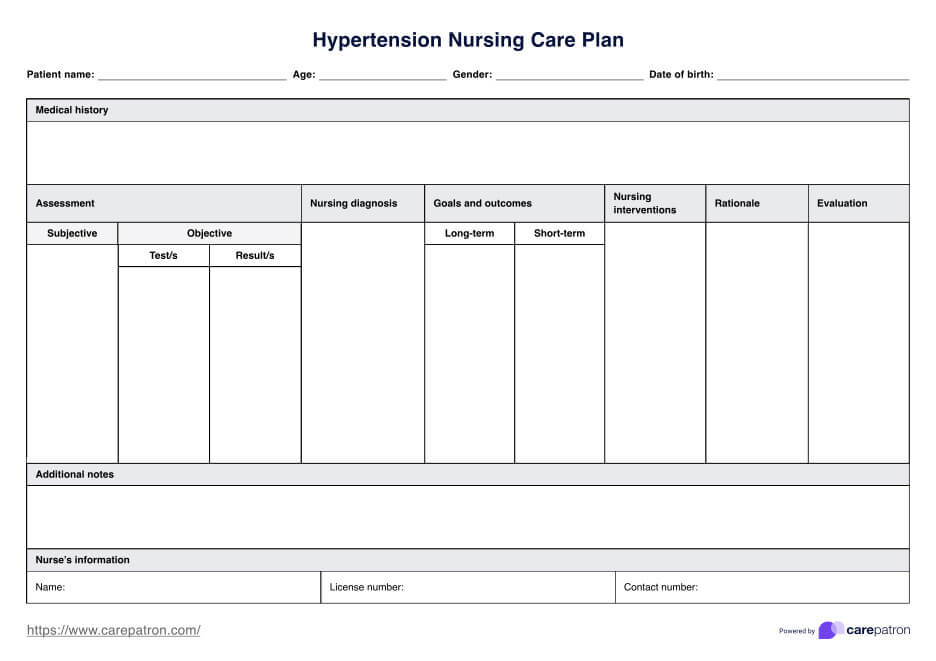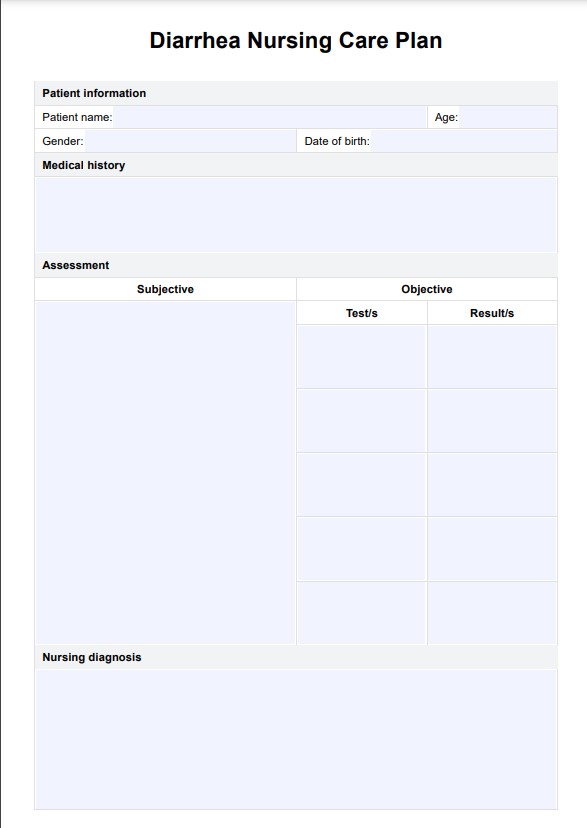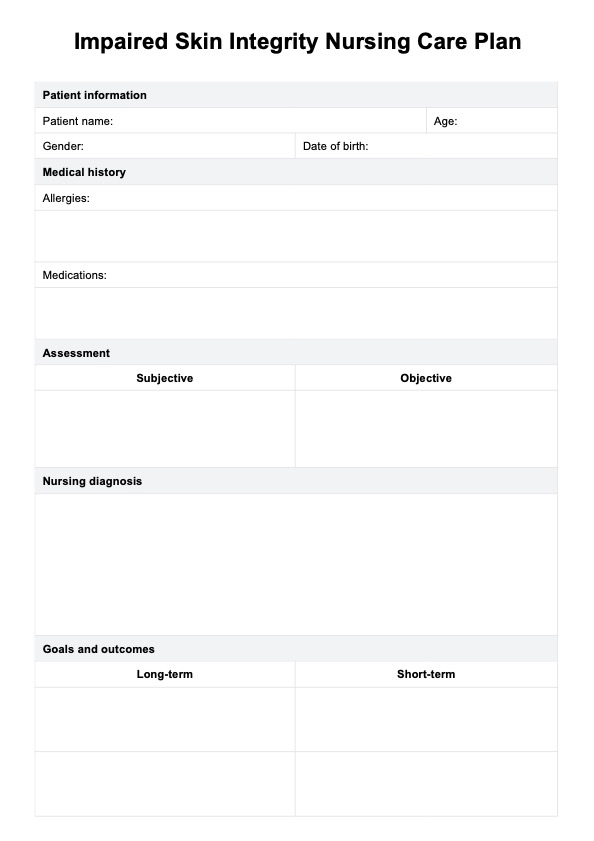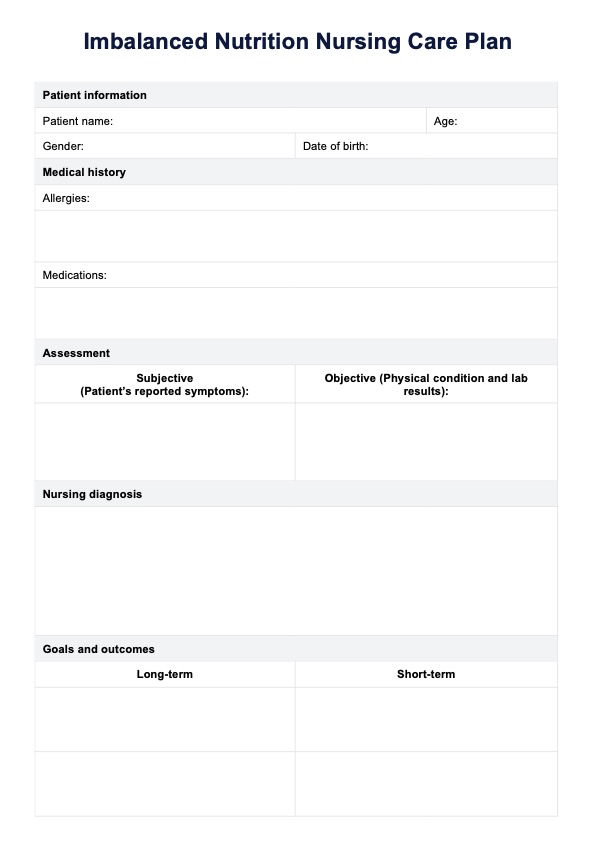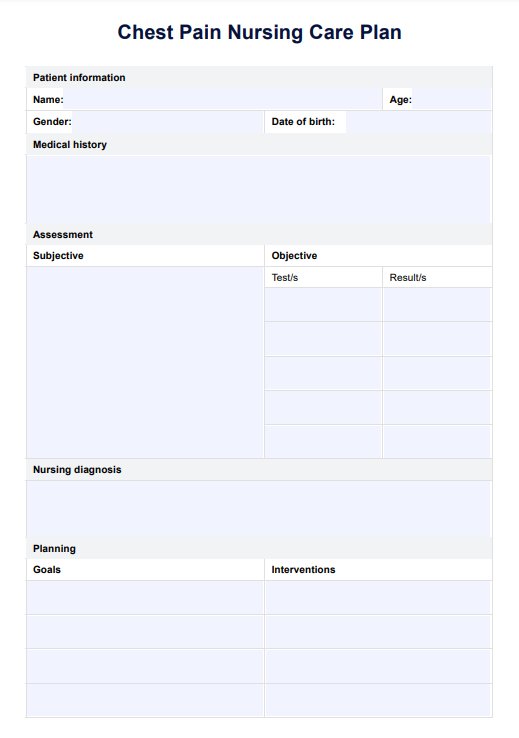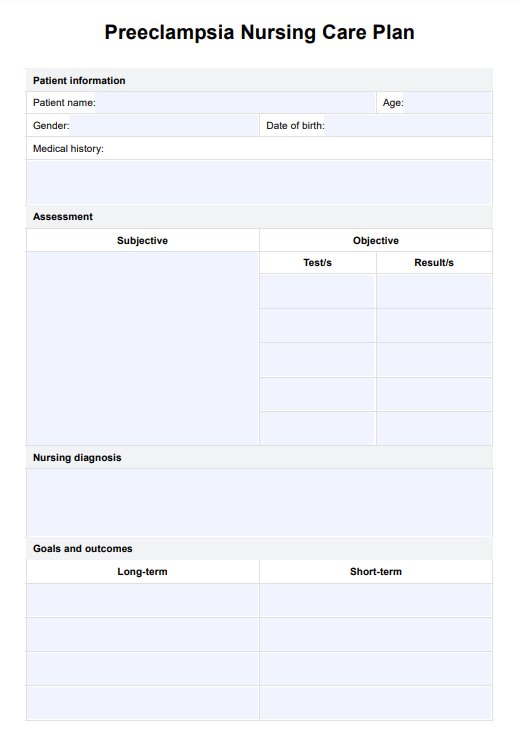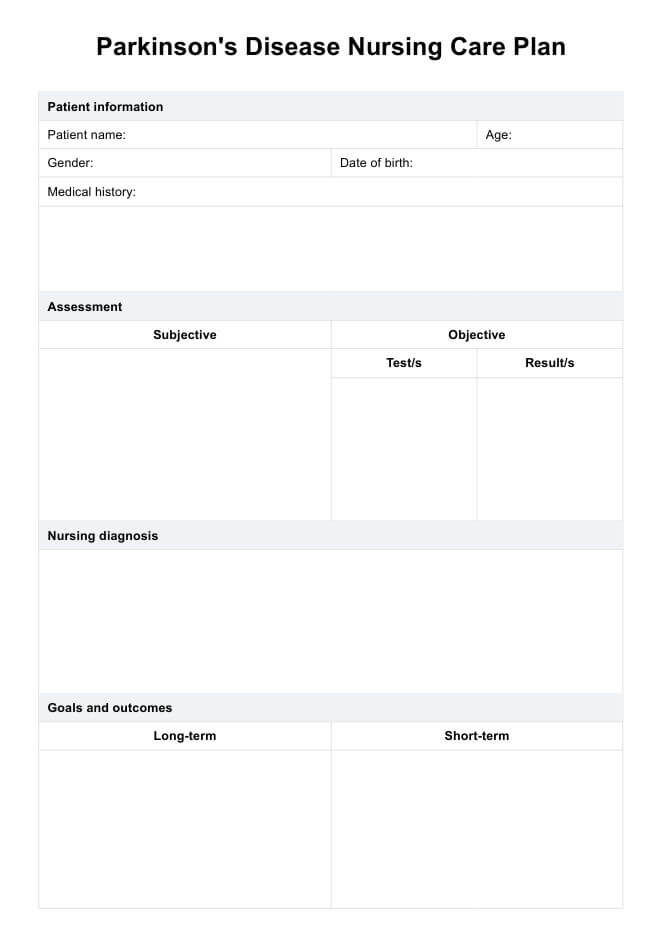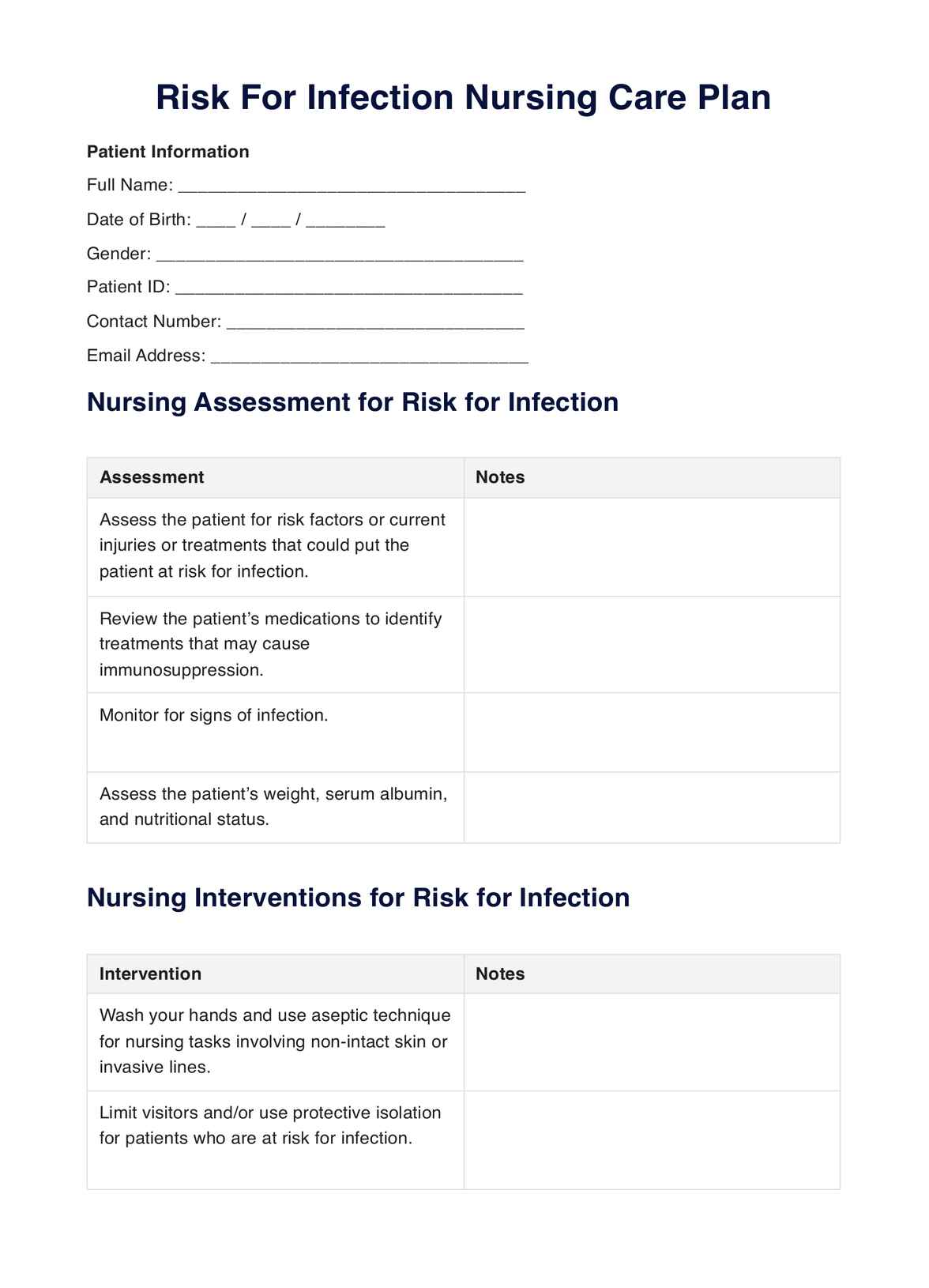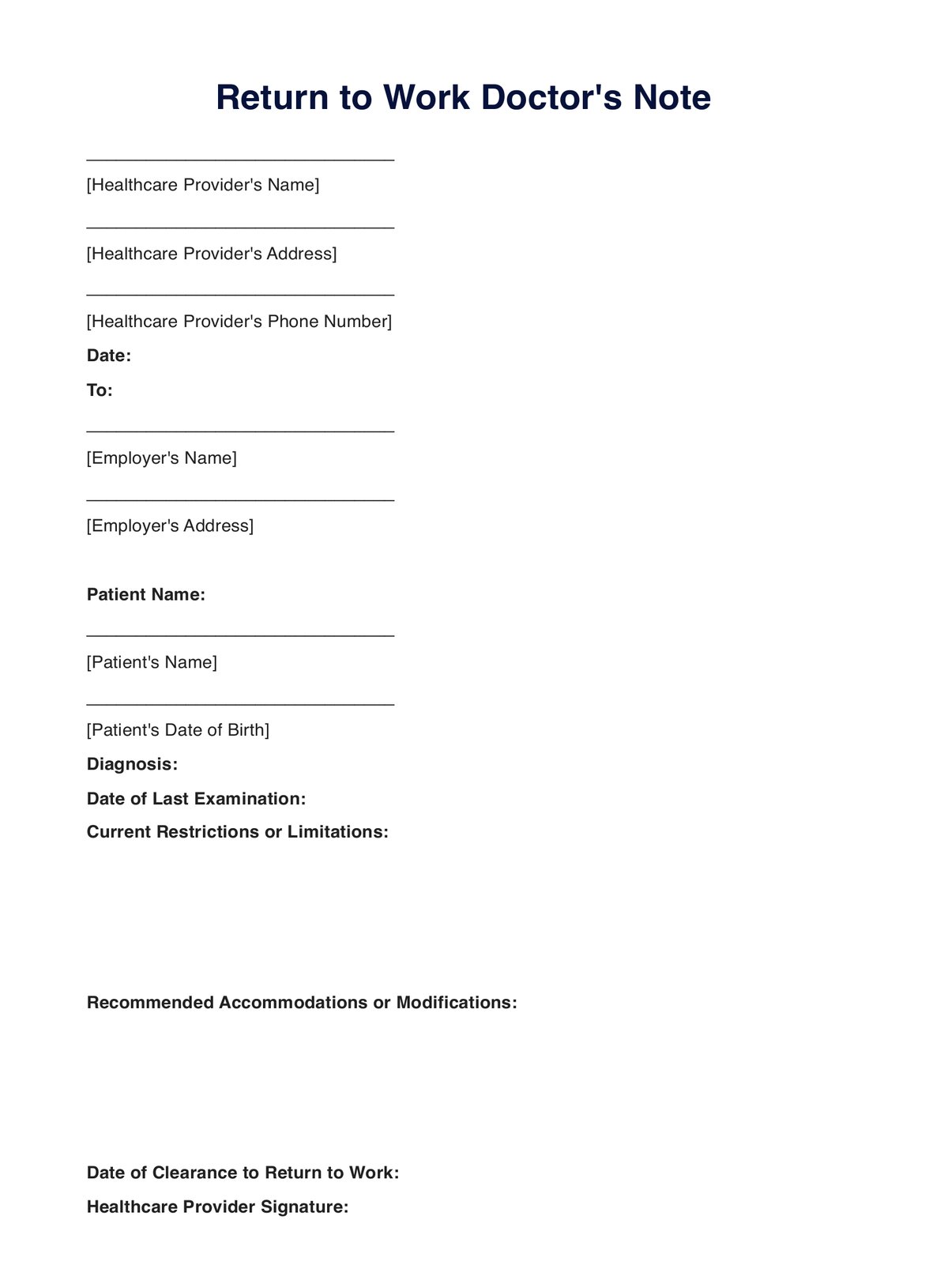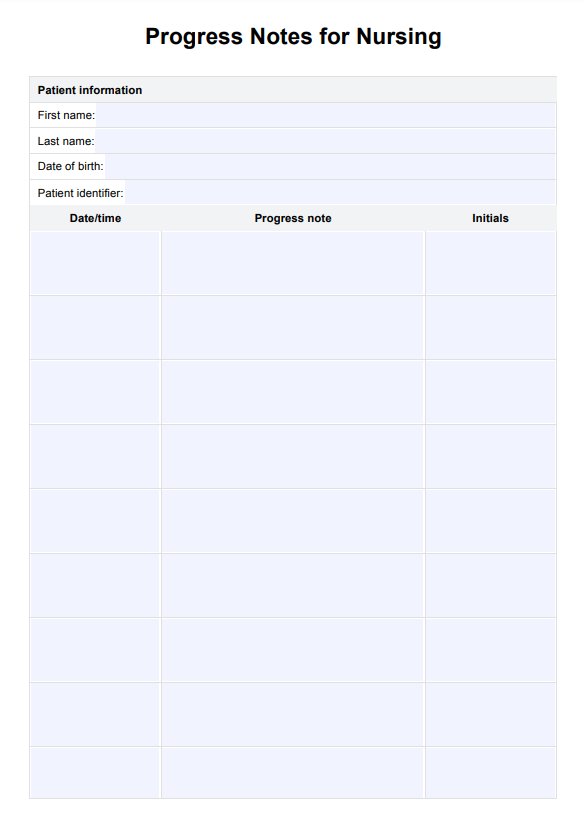30 30 40 Diet
Transform your lifestyle with the 30 30 40 Diet Plan, focusing on balanced meals for optimal body nutrition. Manage calories through mindful eating habits.


What is the 30 30 40 diet?
You might have clients who felt trapped in a cycle of diets that overpromised but underdelivered. Many have been there, seeking a sustainable way to nourish our bodies and reach health goals. The 30 30 40 diet is another approach to nutrition, emphasizing balance and fulfillment rather than rigid restrictions. It makes counting every calorie or eliminating entire food groups unnecessary. The 30 30 40 diet focuses on the delicate dance between proteins, fats, and carbohydrates – the trio that powers the body.
Drawing inspiration from the Zone Diet (also known as 40 30 30 diet) benefits pioneered by Dr. Barry Sears, it follows a specific ratio: 30% protein, 30% fat, and 40% carbohydrates. The Zone Diet aims to regulate inflammation by balancing macronutrients to control hormonal responses, particularly affecting the insulin/glucagon axis and eicosanoids (Sears & Bell, 2004). This isn't about extreme restrictions but finding the right balance. Consider lean proteins, healthy fats like olive oil, and various carbohydrate sources working together to provide the nutrients the body craves.
What sets the 30 30 40 diet apart is its adaptability. Whether clients aim for weight loss, maintaining muscle mass, or simply eating better, this approach accommodates their goals. There's no list of forbidden foods. Instead, it encourages mindful choices within the recommended ratios. It's a lifestyle shift, moving beyond temporary fixes to promote sustained well-being. The 30 30 40 diet is a step towards understanding and appreciating the harmony of nutrients that fuel the body's journey to health and vitality.
30 30 40 Diet Template
30 30 40 Diet Example
How does this zone diet plan work?
The 30 30 40 Diet Plan is a balanced nutritional approach that optimally distributes calories from three macronutrients: protein, fat, and carbohydrates. This comprehensive guide improves overall health, supports weight management, and enhances sustained energy levels. Follow the steps below to implement the 30 30 40 Diet Plan effectively:
Step 1: Download the template
Download the 30 30 40 Diet Plan template. Our template includes fields for each day of the week, allowing you to tailor the diet plan to your client.
Step 2: Input personal information
Fill in your client's name and other relevant health information on the template. This will serve as a reference for your client's specific needs and will help in creating a personalized 30 30 40 diet plan.
Step 3: Determine goals
Calculate their daily caloric intake requirements. This can be done based on age, gender, weight, activity level, and health goals (e.g., lose weight, gain muscle mass, lose fat, etc.) Use the designated field for this data.
Step 4: Understand nutrient distribution and identify food sources
Recognize the distribution of macronutrients: 30% protein, 30% fat, and 40% carbohydrates. Familiarize yourself with food sources, especially nutrient-dense foods from each macronutrient category, including lean meats, healthy fats, and whole grains.
Step 5: Create meal plan
Tailor the meal plan based on the client's preferences, nutritional needs, and individual goals. Don't forget to remind them to ensure proper hydration by drinking an adequate amount of water throughout the day. Make sure the plan includes balanced meals for your client.
Benefits of following this 30 30 40 Diet Plan
By understanding the principles of this diet and embracing its tailored macronutrient distribution, individuals can experience a positive shift in various aspects of their well-being, such as:
Optimal weight management and fat loss
The 30 30 40 diet is known for its effectiveness in weight management and fat loss. The balanced distribution of 30% protein, 30% fat, and 40% carbohydrates aids in regulating caloric intake and promoting a healthy metabolism. Individuals can achieve and maintain a healthy weight by focusing on nutrient-dense foods and avoiding excessive saturated fats and processed foods.
One study assessed the effectiveness of four popular diets (Atkins, Zone, Weight Watchers, and Ornish) for weight loss. The results showed that each popular diet modestly reduced body weight and several cardiac risk factors (Slawson, 2005).
Enhanced muscle mass and performance
The 30 30 40 diet provides an ideal balance of macronutrients for those aiming to build and maintain muscle mass. An adequate intake of protein and good fats supports muscle development and aids in overall physical performance. This is particularly beneficial for individuals engaged in regular physical activities or workouts.
Steady energy levels throughout the day
Balancing carbohydrates with protein and fat ensures a sustained release of energy throughout the day. Unlike diets that rely on refined grains or excessive sugars, the 30 30 40 diet promotes the consumption of whole foods, including fruits, vegetables, and whole grains, providing a consistent energy supply for daily activities.
Improved nutrient intake and health
Adhering to the 30 30 40 diet naturally involves consuming diverse nutrient-dense foods. These include essential vitamins, minerals, fish, dairy, grains, eggs, nuts, and vegetables. The emphasis on consuming whole foods supports overall health and well-being, providing the body with the necessary nutrients for optimal functioning.
Who can use this 30 30 40 Diet Plan?
This resource can be tailored to meet unique needs and support clients' journey to a balanced and healthier lifestyle.
Nutrition and health professionals
Certified personal trainers, nutritionists, and dietitians can utilize this template as a practical resource to guide their clients. The 30 30 40 Diet Plan makes an excellent tool for professionals to communicate essential nutritional principles, empowering clients to make informed choices for their well-being.
Fitness trainers, enthusiasts, and athletes
For individuals engaged in regular physical activities, whether it be daily workouts, training sessions, or competitive sports, the 30 30 40 Diet Plan is a practical tool. It helps ensure adequate protein and good fat intake for muscle development, enhanced performance, and sustained energy levels throughout training sessions.
Anyone seeking a sustainable lifestyle change
The 30 30 40 Diet Plan is valuable for those who want to adopt a more sustainable and balanced lifestyle. It encourages mindful eating, emphasizes whole foods, and provides a framework for long-term dietary changes.
References
Sears, B., & Bell, S. (2004). The zone diet: An anti-inflammatory, low glycemic-load diet. Metabolic Syndrome and Related Disorders, 2(1), 24–38. https://doi.org/10.1089/met.2004.2.24
Slawson, D. (2005). Popular diets equally effective for losing weight. American Family Physician, 71(9), 1783–1783. https://www.aafp.org/pubs/afp/issues/2005/0501/p1783.html
자주 묻는 질문
The 30 30 40 diet may be effective for weight management as it promotes a balanced intake of macronutrients, fostering a sustainable and healthy approach to calorie control. However, always consult with a healthcare professional.
Absolutely! The flexible plan allows you to choose nutrient-dense foods within each category, accommodating personal tastes and dietary requirements while adhering to the specified macronutrient ratios.
Use food journals and apps, or consult a nutrition professional to track your macronutrient intake. These tools help ensure you maintain the recommended fat, carbohydrate, and protein intake balance for optimal results.


